They're cute, cuddly, and have personalities as big as their ears. But just like people, rabbits feel stress, too. The tricky part? They don't always show it in ways you'd expect. Rabbits are prey animals, so hiding discomfort comes naturally. That's why it's important to recognize the early signs when something feels off.
Click Here For a Guide to Understanding Your Rabbits Diet.

Whether you're a first-time bunny parent or you've had your little hopper for years, learning how to spot rabbit stress symptoms could be the difference between a healthy rabbit and one that's quietly suffering. Let's dig into what to watch for and how you can help your rabbit feel safe and calm.
Why Do Rabbits Get Stressed?
Stress doesn't always come from something big. Sometimes the smallest changes in a rabbit's daily life can set off anxious behaviors. That's because rabbits thrive on predictability and comfort. Anything that disrupts their routine could put them on edge.

Common Triggers for Stress
Environmental Changes: Moving to a new home, loud noises, or even a new piece of furniture can make rabbits feel insecure. If you're preparing for a move or redecorating, give them time to adjust slowly. Keep familiar items like their litter box and hay rack in place when possible.
Loneliness: Rabbits are social animals. Without enough interaction or a bonded companion, they can grow bored or anxious. If they live alone, try providing more hands-on time or consider adopting a buddy. Until then, mentally stimulating toys and treat puzzles can help fill that gap.
Poor Health: Pain or illness is one of the most common sources of stress in rabbits. Since they hide their symptoms, it's easy to miss early signs. That's why understanding both health and behavior shifts is key to addressing rabbit stress symptoms early.
Recognizing Rabbit Stress Symptoms
Stress can show up in different ways, depending on the rabbit's personality and the cause. Some signs are subtle. Others are hard to miss. Here's what to keep an eye out for:
1. Loss of Appetite or Picky Eating
When rabbits feel anxious, they may lose interest in food. They might stop eating hay, ignore their pellets, or turn their nose up at fresh veggies. This could be stress, or it could signal something more serious, like GI stasis. If you notice your rabbit eating less, check their feeding habits and schedule a vet visit if it continues.
2. Digestive Upset
Soft stools or diarrhea are sometimes triggered by sudden stress. This can happen if their routine or diet changes suddenly. A fiber-rich diet with unlimited hay is essential for maintaining good gut health and minimizing stress-related digestive problems.
3. Irritability or Aggression
A usually gentle rabbit that suddenly starts biting, lunging, or growling may be feeling cornered, anxious, or sick. Rabbits might become territorial if they don't feel secure or if their space is invaded. If your rabbit becomes unusually grumpy, it's worth considering what environmental change might be affecting them—or if a visit to the vet is needed.
4. Overgrooming or Fur Pulling
This behavior is often linked to stress or boredom. Some rabbits may obsessively clean themselves or even pluck out fur. In extreme cases, they can develop bald patches. If you're seeing signs of this, your rabbit may need more interaction, environmental enrichment, or even a companion.
5. Hiding or Lack of Movement
If your usually curious rabbit is now glued to a corner or won't come out from hiding, it's not just a mood swing. Constant hiding is one of the strongest rabbit stress symptoms. It often means they feel unsafe. Offering covered spaces, like cardboard boxes or hidey huts, can help—but so can identifying what spooked them in the first place.
6. Unusual Noises or Body Language
Teeth grinding (different from purring) often signals discomfort or pain. So do wide eyes, rigid posture, or a hunched back. Rabbits may also "thump" with their back legs when they feel frightened. These signals are your rabbit's way of asking for help—learn to recognize them so you can respond quickly.
How to Calm a Stressed Rabbit
Once you've identified the signs, it's time to focus on what you can do to help. Reducing stress takes time, observation, and a little creativity. But the reward is a rabbit that feels secure and supported in their environment.
Create a Predictable Routine
Rabbits thrive on consistency. Feed them at the same times daily. Clean their litter box on a schedule. Try to keep noise levels down during resting hours. The more predictable life feels, the safer your rabbit will feel.
Offer a Rabbit-Safe Environment
Make sure their habitat is free from hazards and loud, sudden noises. A cozy enclosure with soft bedding, places to hide, and space to hop makes a big difference. If your rabbit is free-roaming, be sure to remove household dangers like wires or toxic plants. Setting up their space properly is an important first step toward reducing stress.
Social Time and Bonding
Whether it's with another rabbit or you, social time helps reduce feelings of loneliness and fear. Sit with them quietly. Offer treats from your hand. Let them come to you on their terms. Over time, your bond will grow—and so will their trust.
Provide Toys and Enrichment
Rabbits get bored easily, which leads to stress. Rotating a variety of toys and providing natural chews helps them stay engaged. Tunnels, cardboard boxes, and food puzzles are all great ways to keep their minds active. Enrichment reduces stress by giving them control and choice in their environment.
Vet Visits and Regular Checkups
If you're noticing recurring rabbit stress symptoms, don't brush them off. A sudden behavioral change might be the first sign of a medical issue. Partner with a rabbit-savvy vet for annual checkups, and reach out if something seems off. You can find rabbit-experienced professionals using the Rabbit Vet Locator.
Minimize Disruptions
Small changes in lighting, temperature, or even where their hay is placed can stress your rabbit. Try to keep their setup consistent. If change is necessary, introduce it gradually and give them time to adapt.
Keep Their Diet Stable
A healthy rabbit starts with a healthy gut. A balanced diet focused on fresh hay is one of the best ways to support stress resilience. Timothy hay should be the staple. Add in leafy greens, and only offer fruit or pellets in moderation. Curious about a complete hay plan? This guide to your rabbit's diet is a great place to start.
Continued in next message…
...
Supporting Your Rabbit Through Major Life Changes
Sometimes stress comes from events outside your control—like a move, a new pet, or even the loss of a bonded mate. These situations require extra patience and care. It's not just about fixing a problem. It's about helping your rabbit feel grounded again.
During a Move
Transporting rabbits safely and setting up their new space in advance can go a long way in preventing stress. Use the same litter box, bedding, and toys they had before. Stick to familiar scents and routines. Avoid introducing new elements until they've adjusted to the basics of their new home.
When Introducing New Pets
New pets, especially dogs or cats, can make rabbits feel threatened. Introductions should happen slowly and always under supervision. Keep your rabbit's space off-limits to the new pet at first. Use barriers, scent swapping, and gradual exposure to build comfort over time.
Grieving a Bonded Mate
Rabbits form strong bonds. If one passes away, the remaining rabbit may go through a mourning period. Keep their routine the same and spend extra time with them. Some rabbits may benefit from eventually bonding with another bunny, while others prefer being solo. Let their behavior guide your next steps.
When to Call the Vet
Stress doesn't always require a vet visit—but it can quickly lead to more serious health problems if left unchecked. Call your vet if your rabbit:
Stops eating or pooping for more than 12 hours
Shows signs of pain (hunched posture, loud teeth grinding)
Becomes unusually aggressive or lethargic
Experiences fur loss, wounds, or unexplained swelling
Rabbits can spiral fast when stressed. Early intervention matters. Don't wait until it becomes an emergency.
Giving Your Rabbit the Calm Life They Deserve
Being in tune with your rabbit's emotions is part of being a responsible and loving rabbit owner. Stress isn't always avoidable, but it is manageable. By understanding their cues, creating a calm home environment, and staying consistent with diet and social interaction, you help build the foundation for a confident and happy rabbit.
If you want to dive deeper into rabbit care topics, like bonding, feeding, or environmental enrichment, we've written guides covering each one. One blog that pairs well with this topic is our post on understanding rabbit moods—another great tool for identifying emotional changes in your bunny.
Key Takeaways on Rabbit Stress Symptoms
Watch for subtle signs like hiding, picky eating, or sudden aggression. These may point to underlying rabbit stress symptoms.
Reduce stress with a stable routine, a cozy living space, gentle social interaction, and a diet centered around hay.
If symptoms persist or worsen, consult with a rabbit-savvy vet to rule out medical concerns and get a personalized plan for your rabbit's health.
Rabbits may not be able to say, "I'm stressed," but their behavior speaks volumes. Now that you know what to look for, you're better equipped to support them through both little worries and big changes. A calm rabbit is a happy rabbit—and every hop, binky, and nose twitch will tell you you're doing a great job.

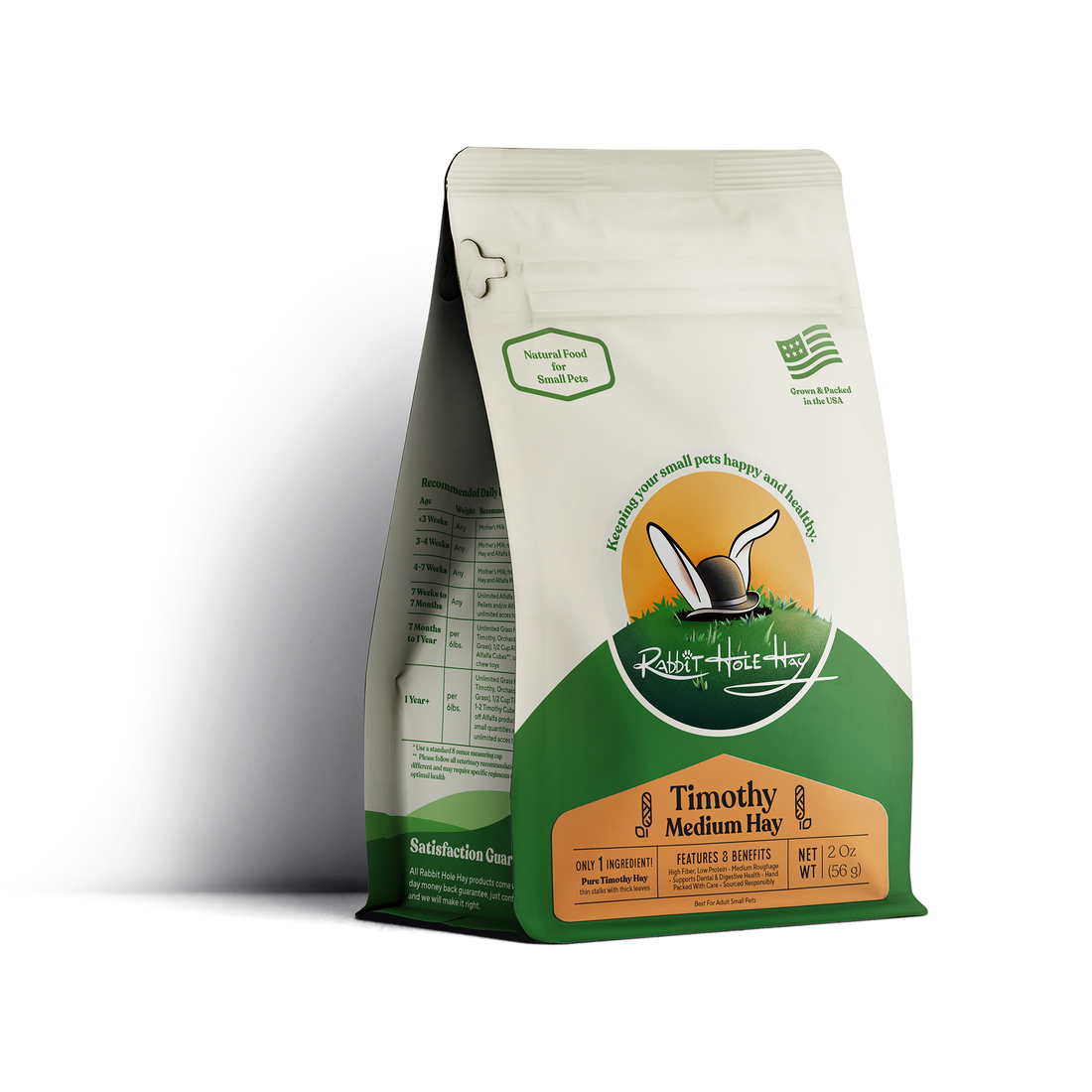

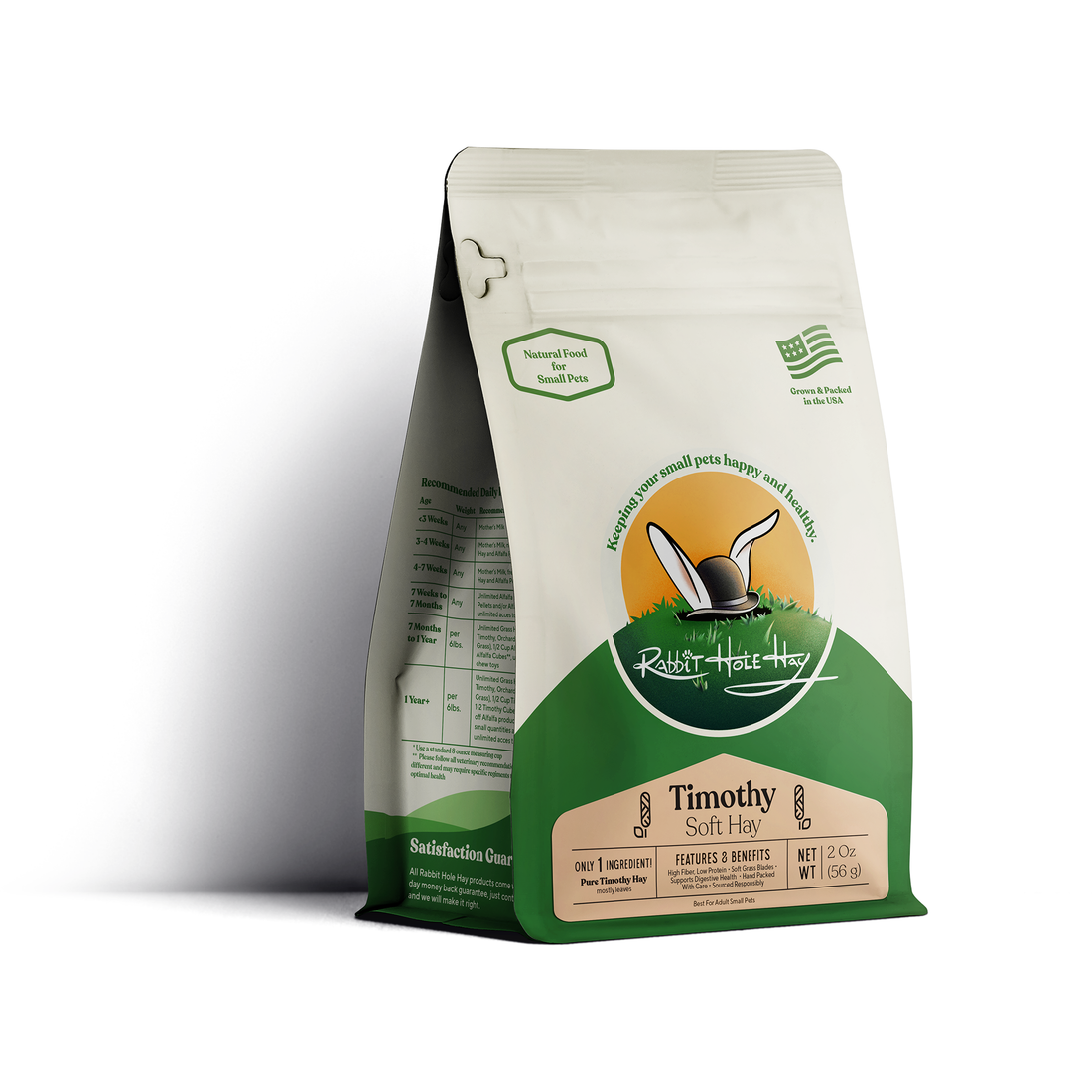

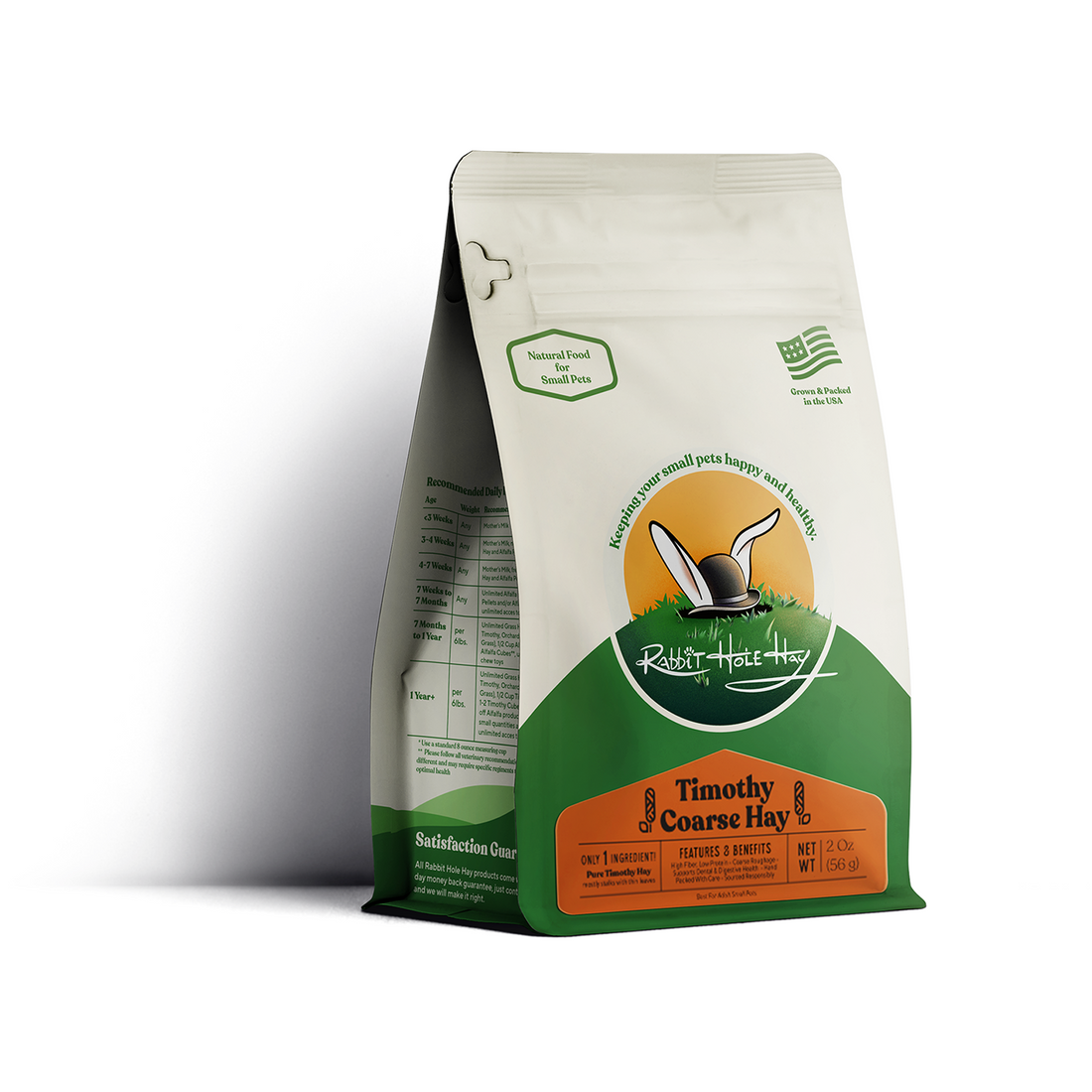

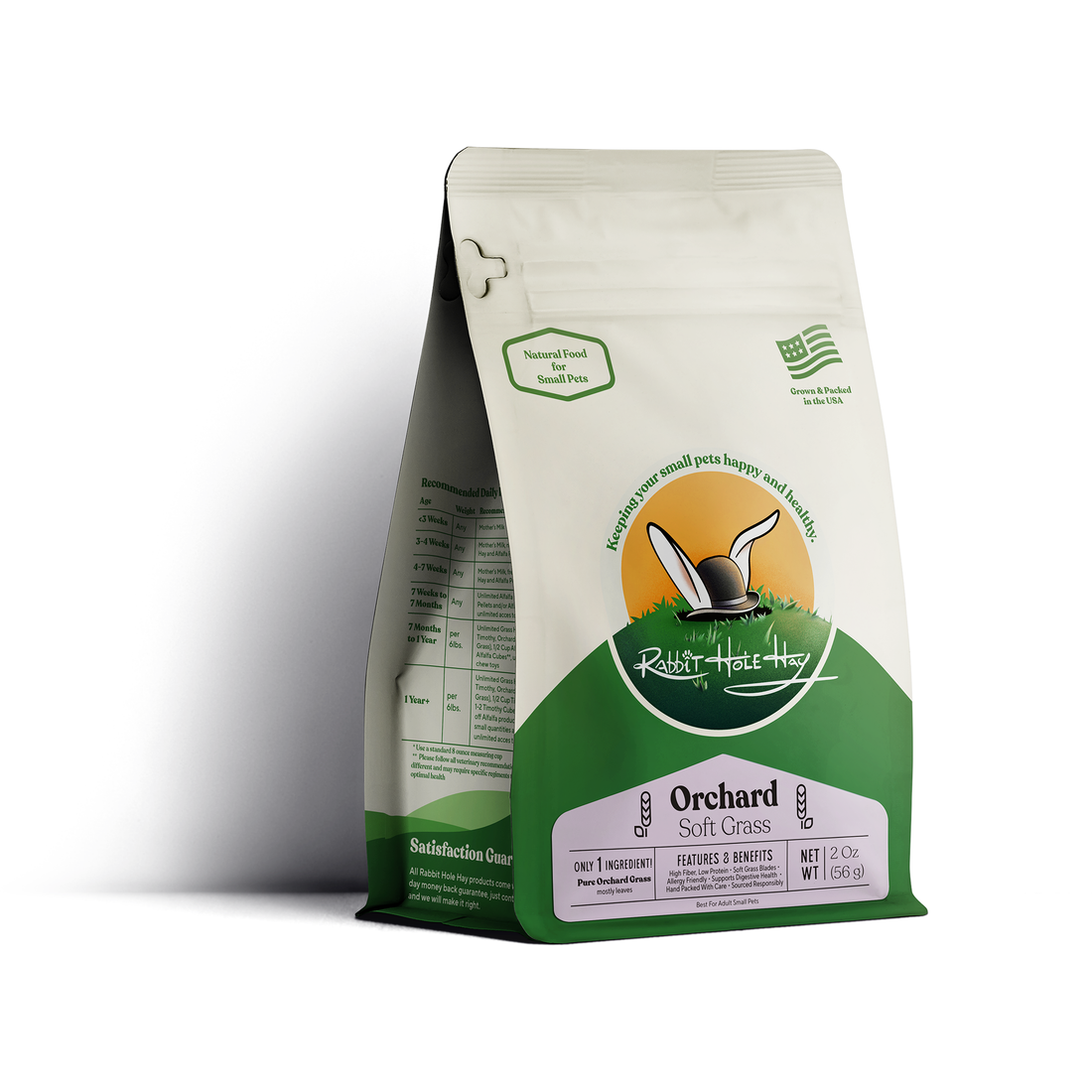

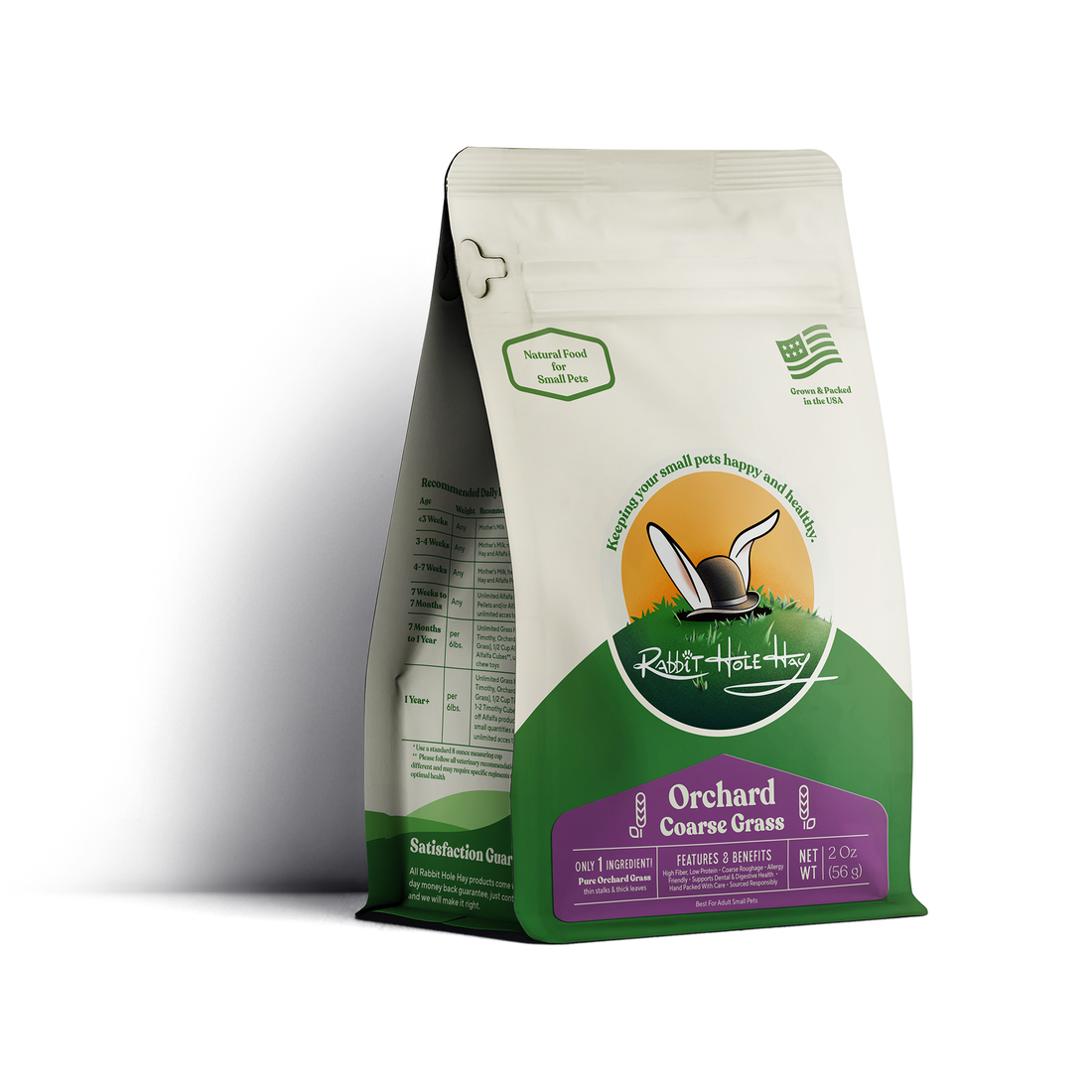

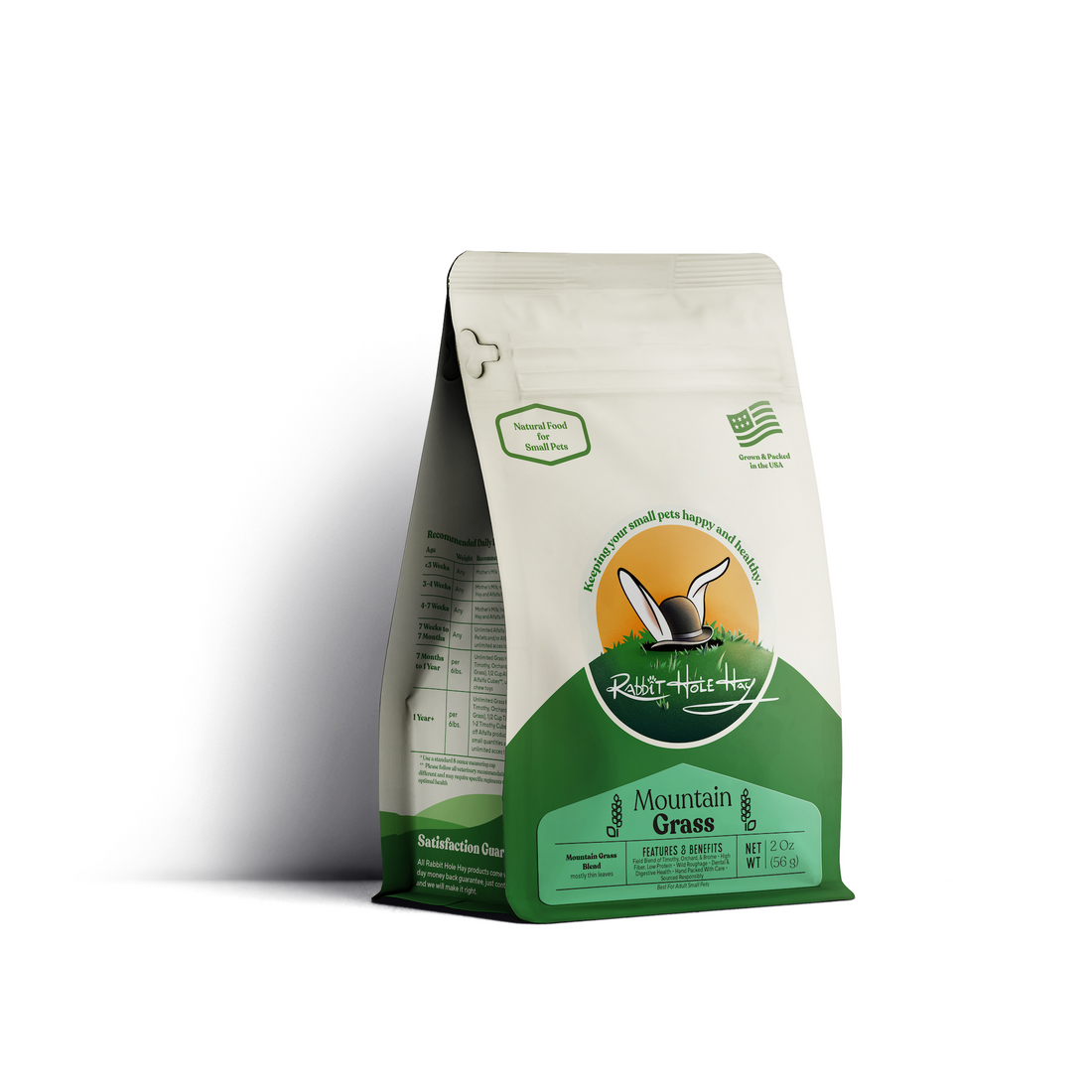

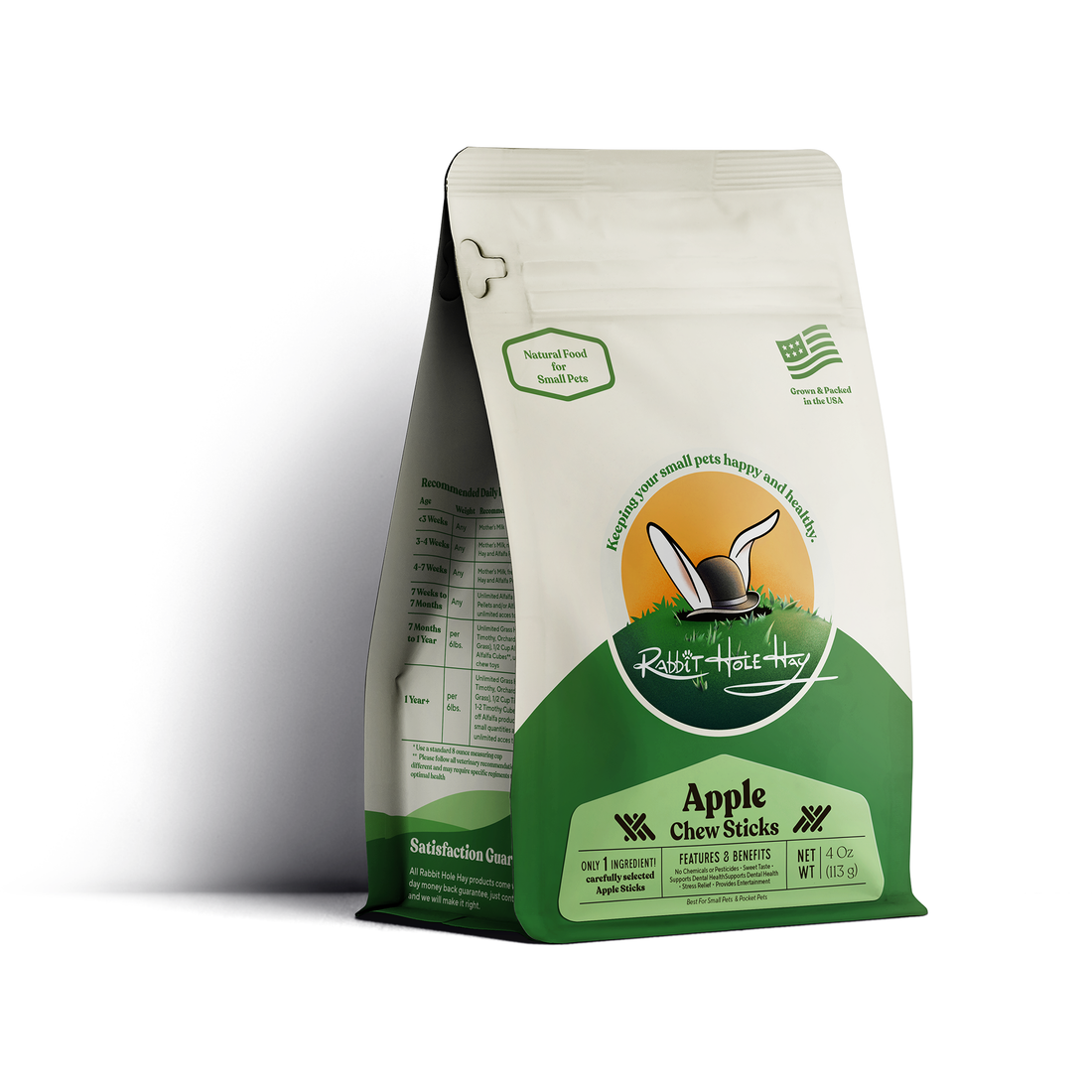

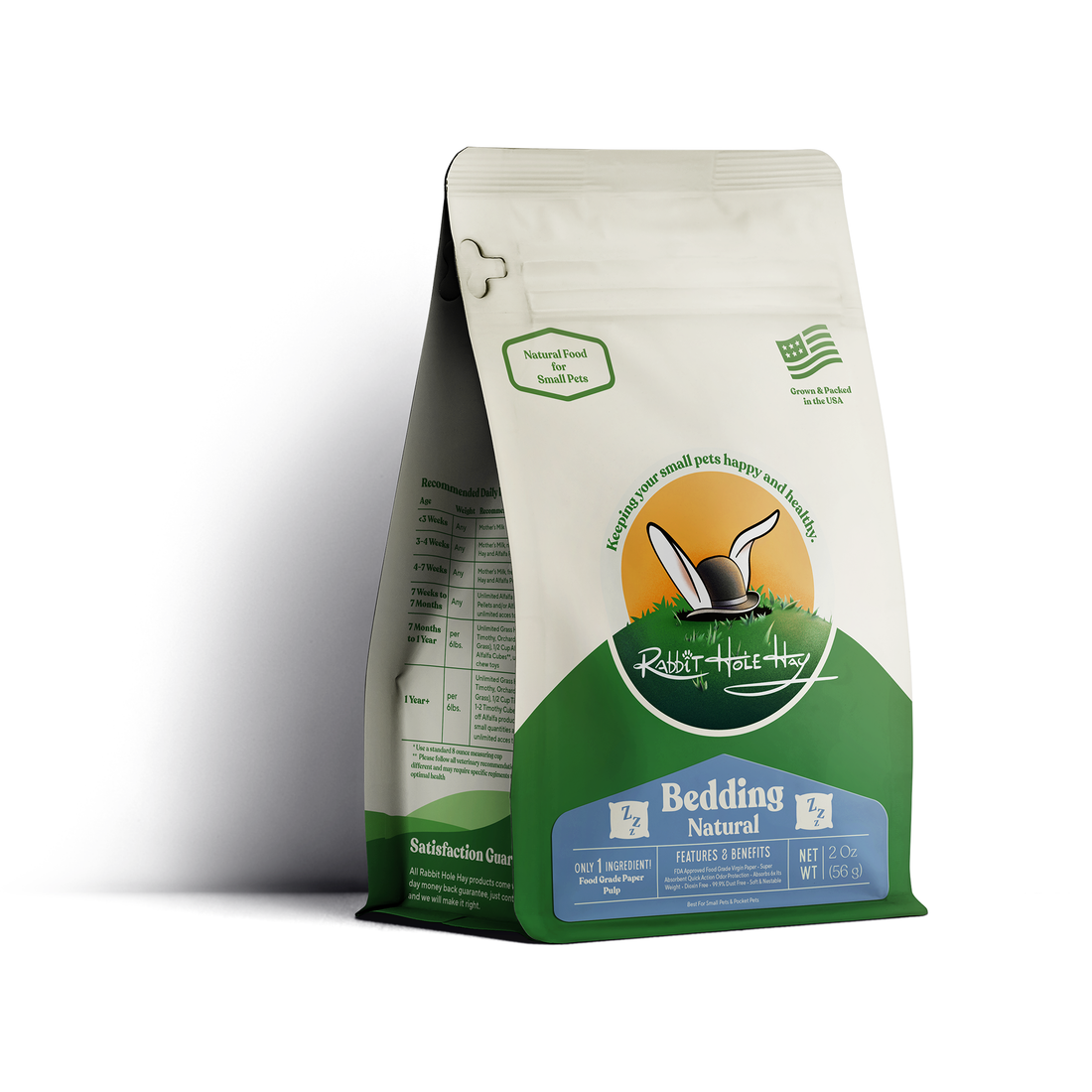
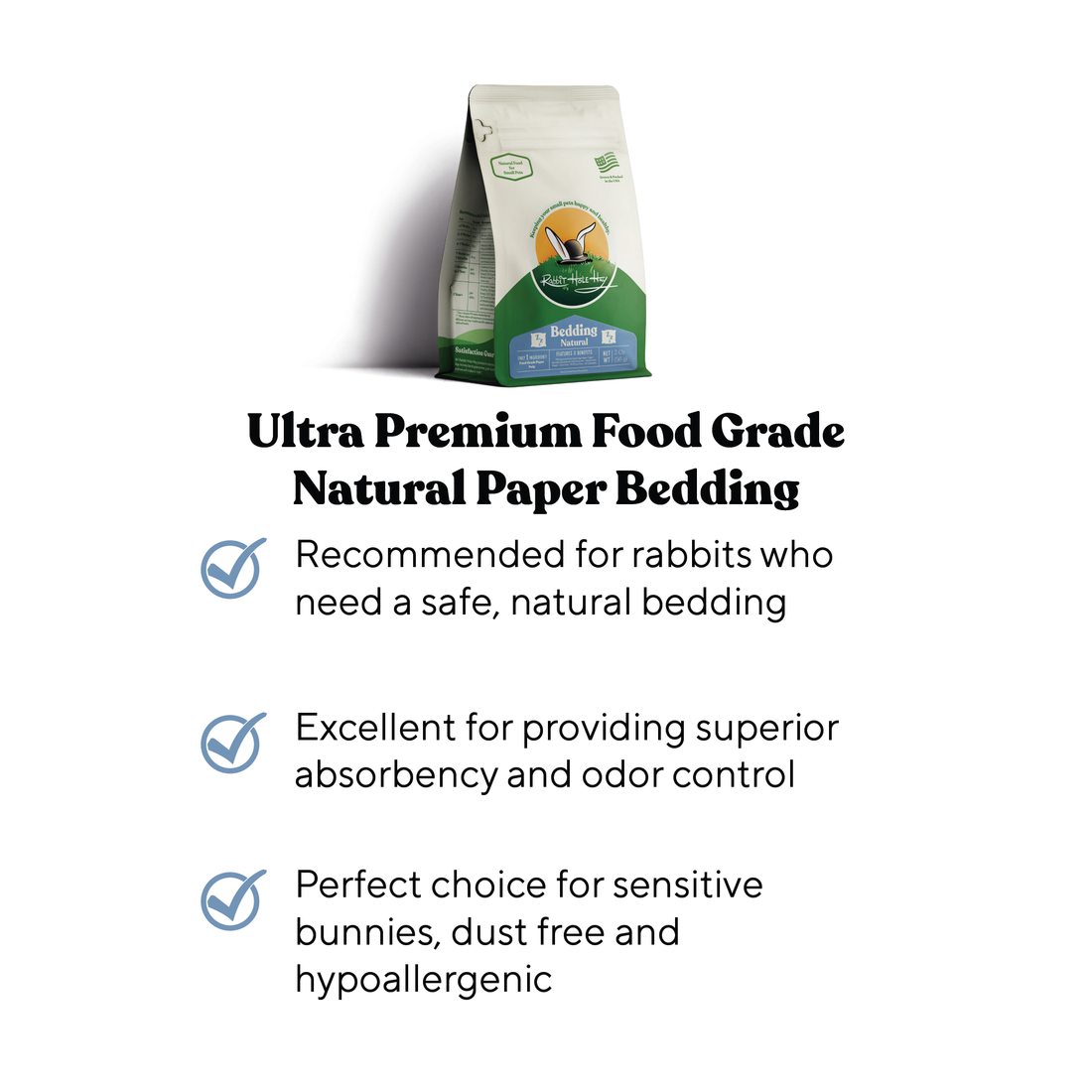
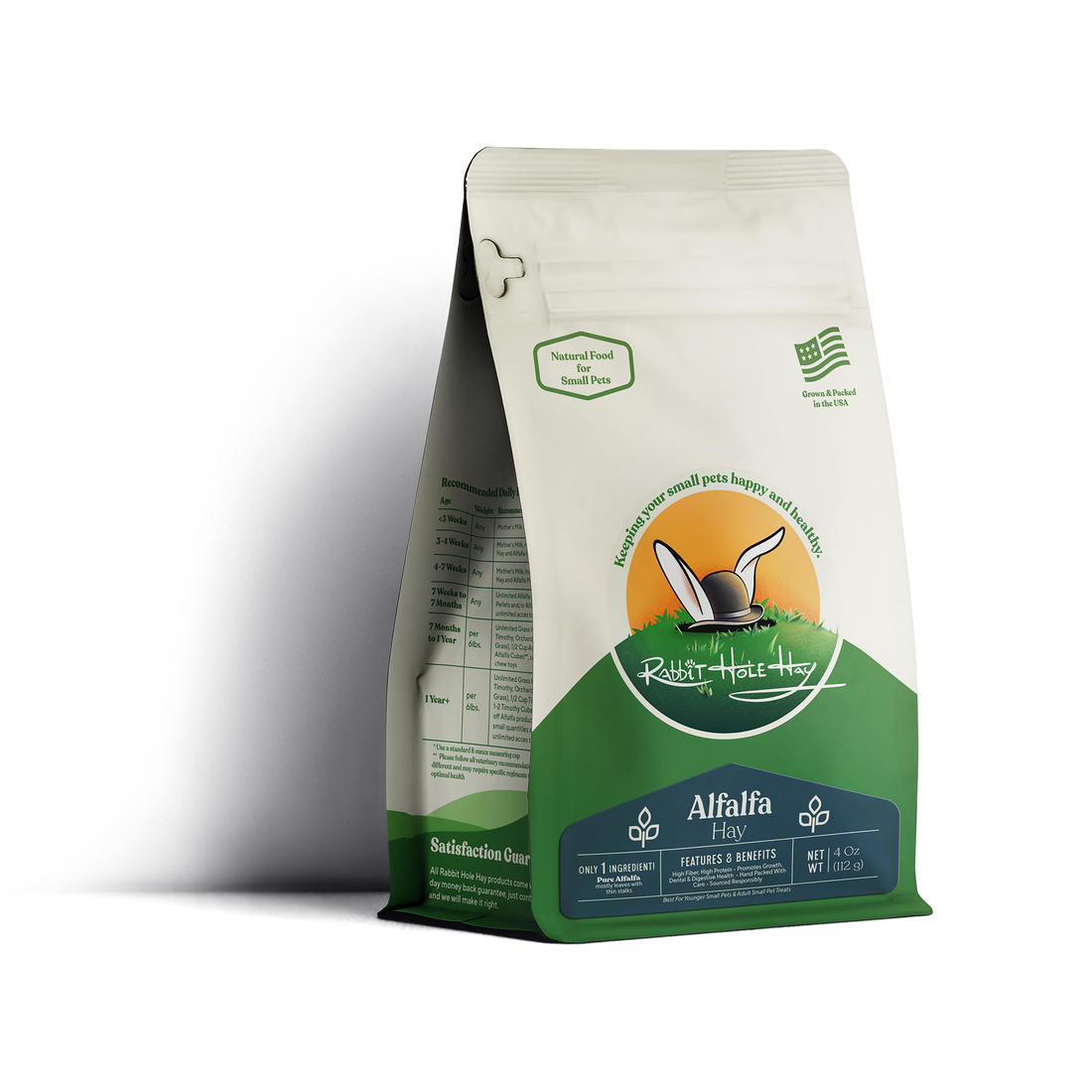
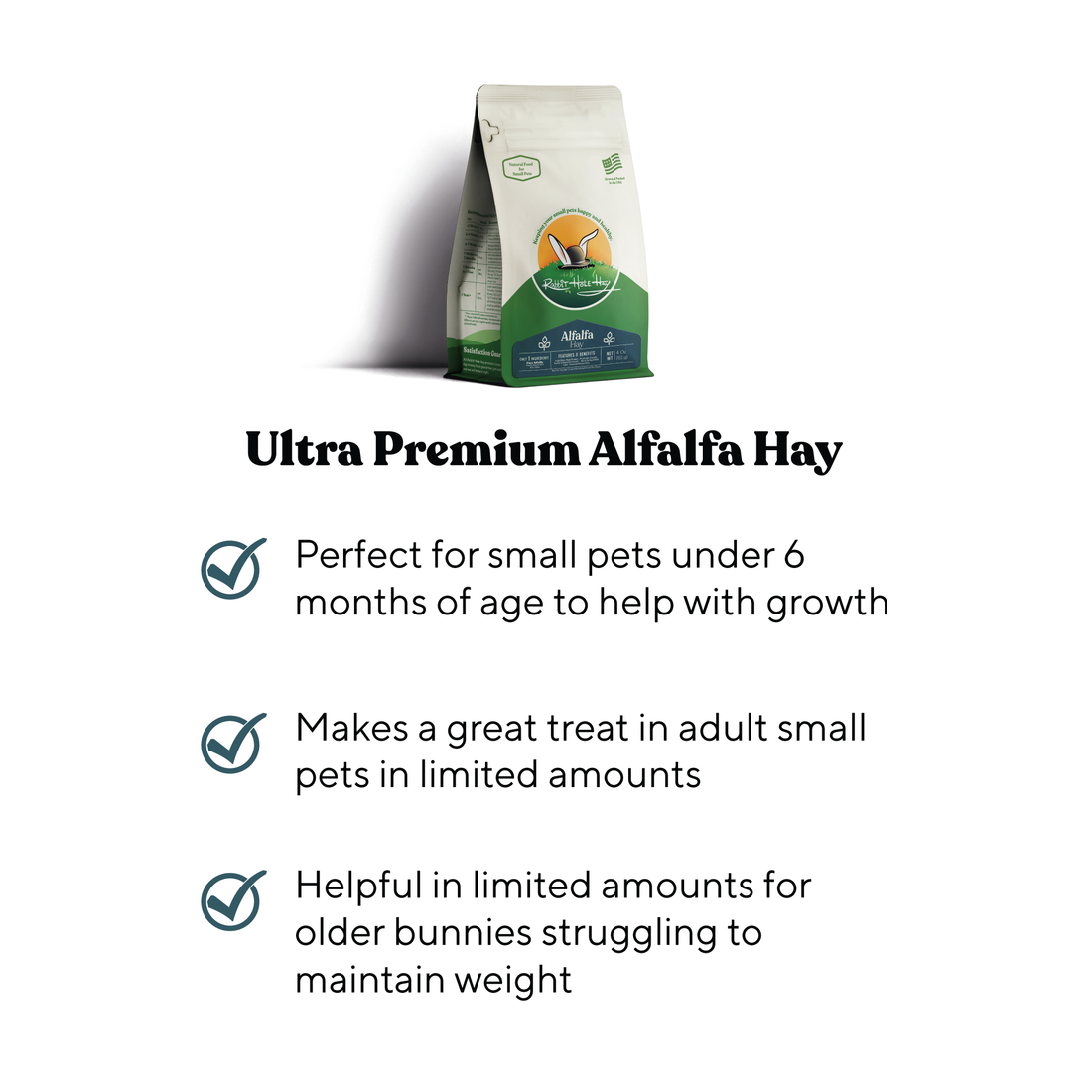
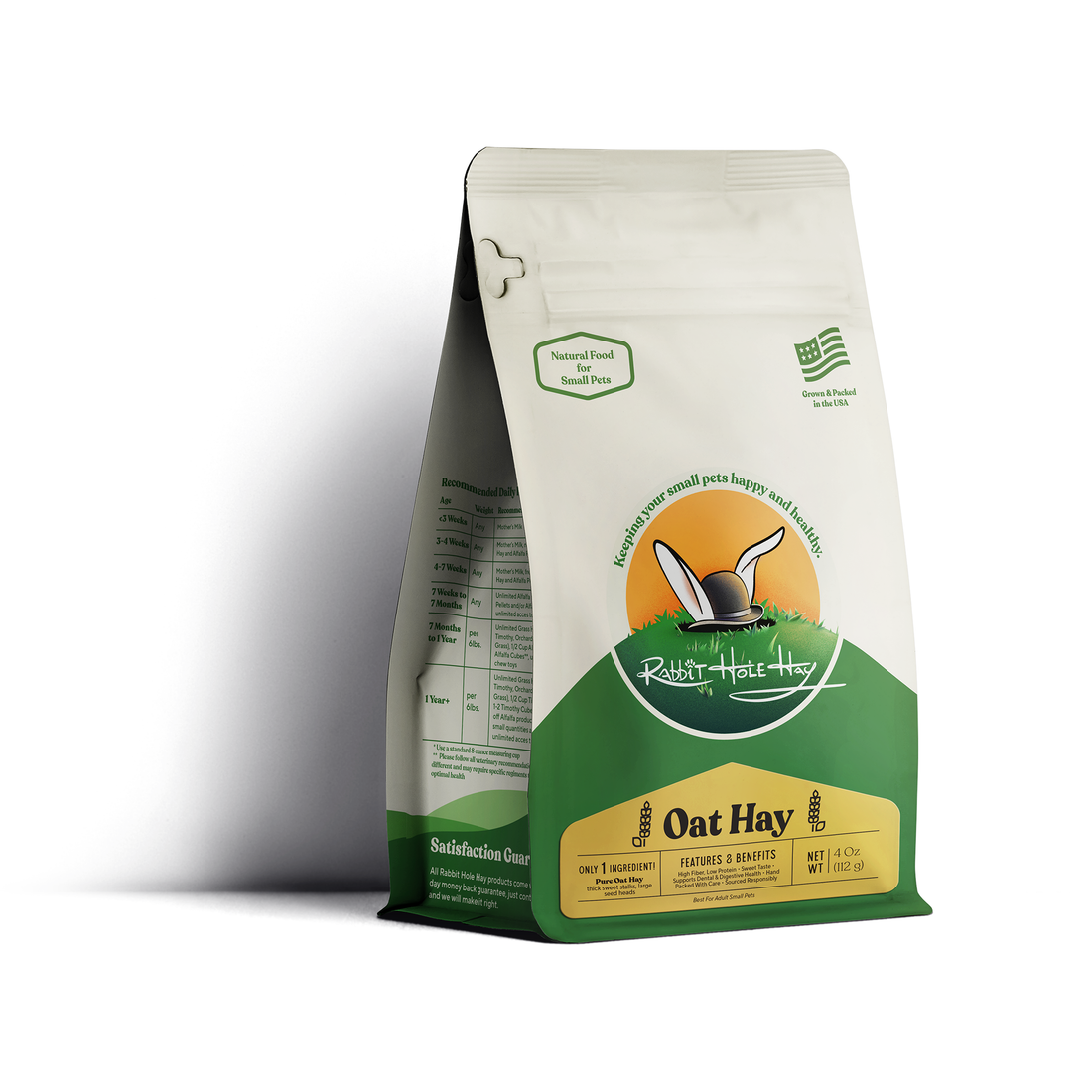
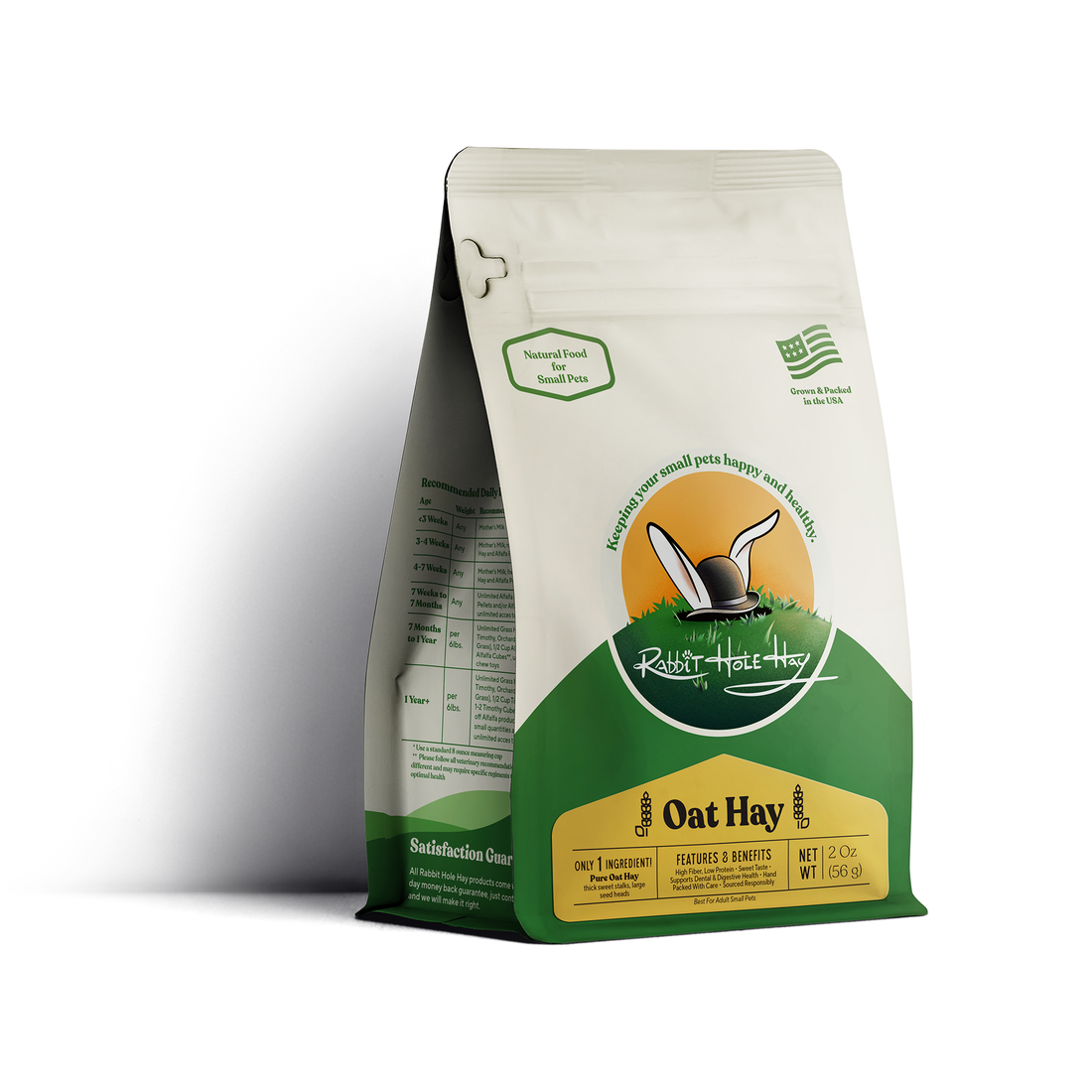
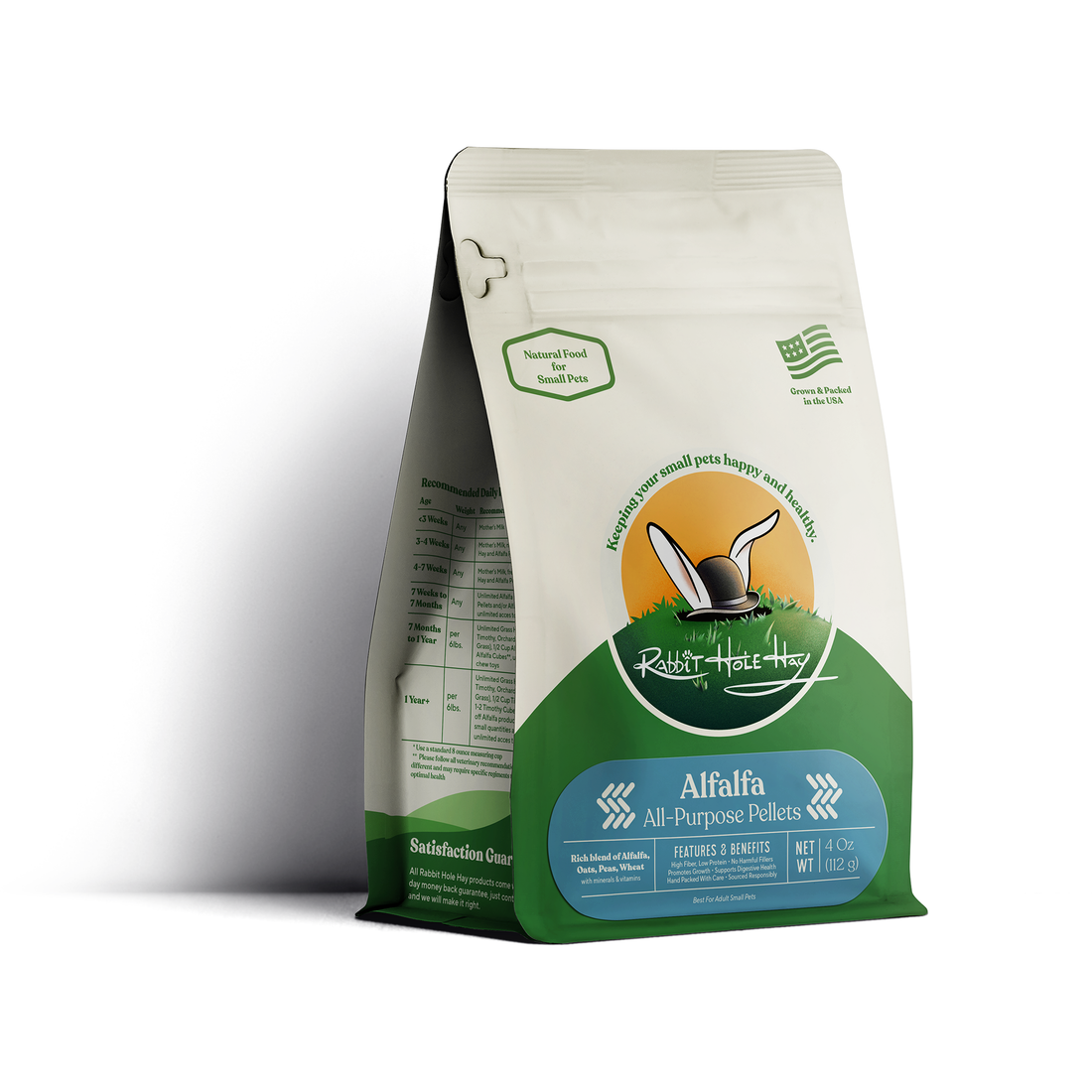
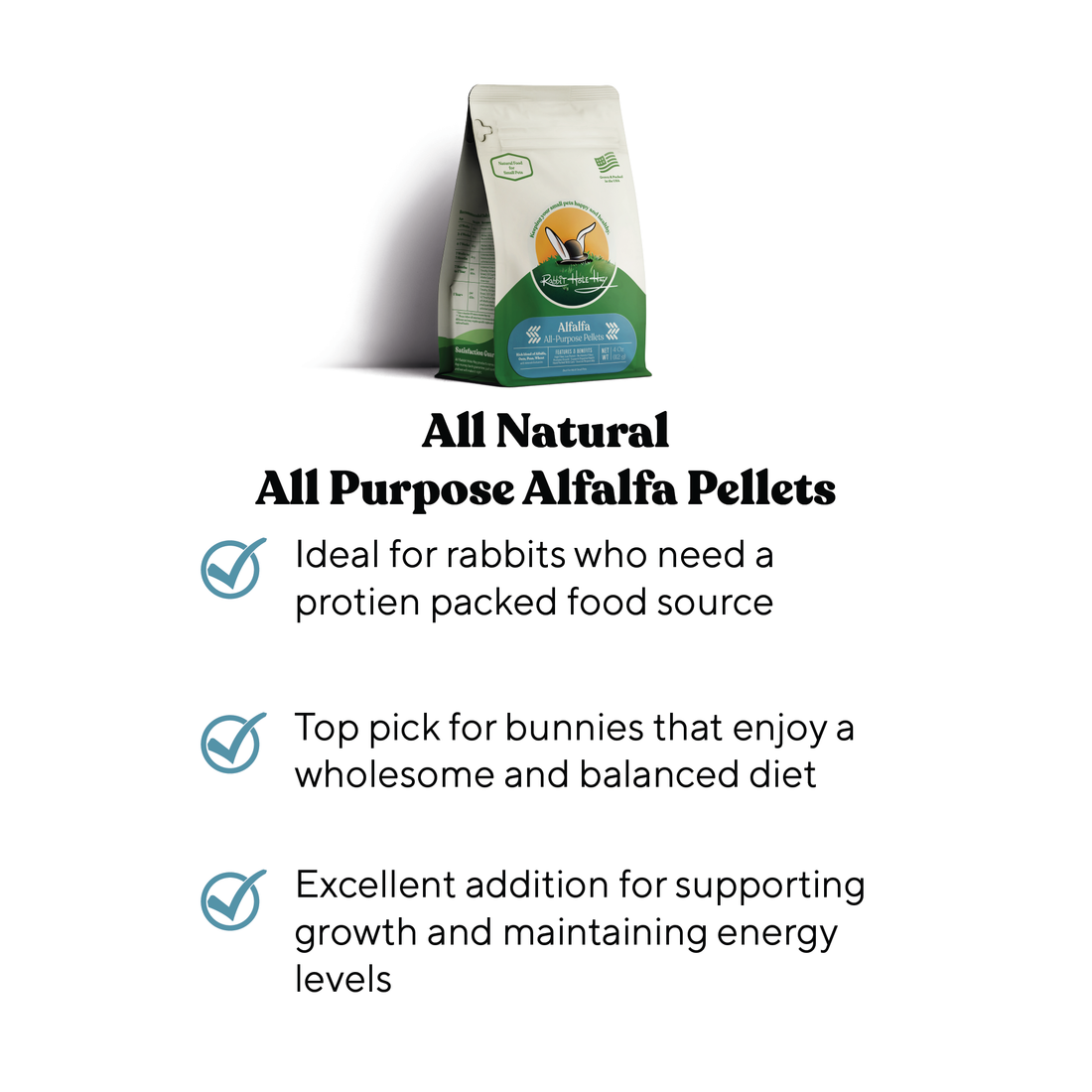
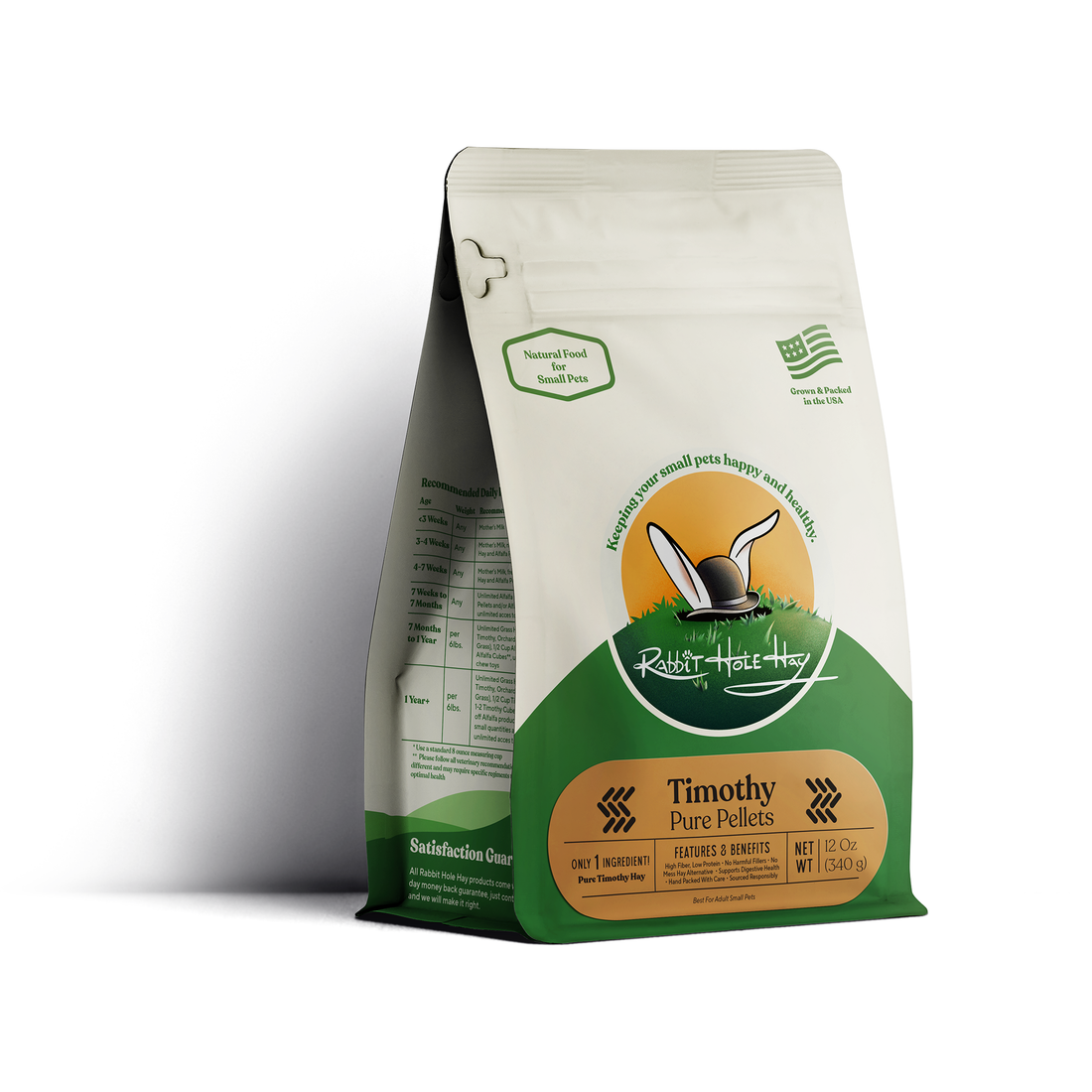

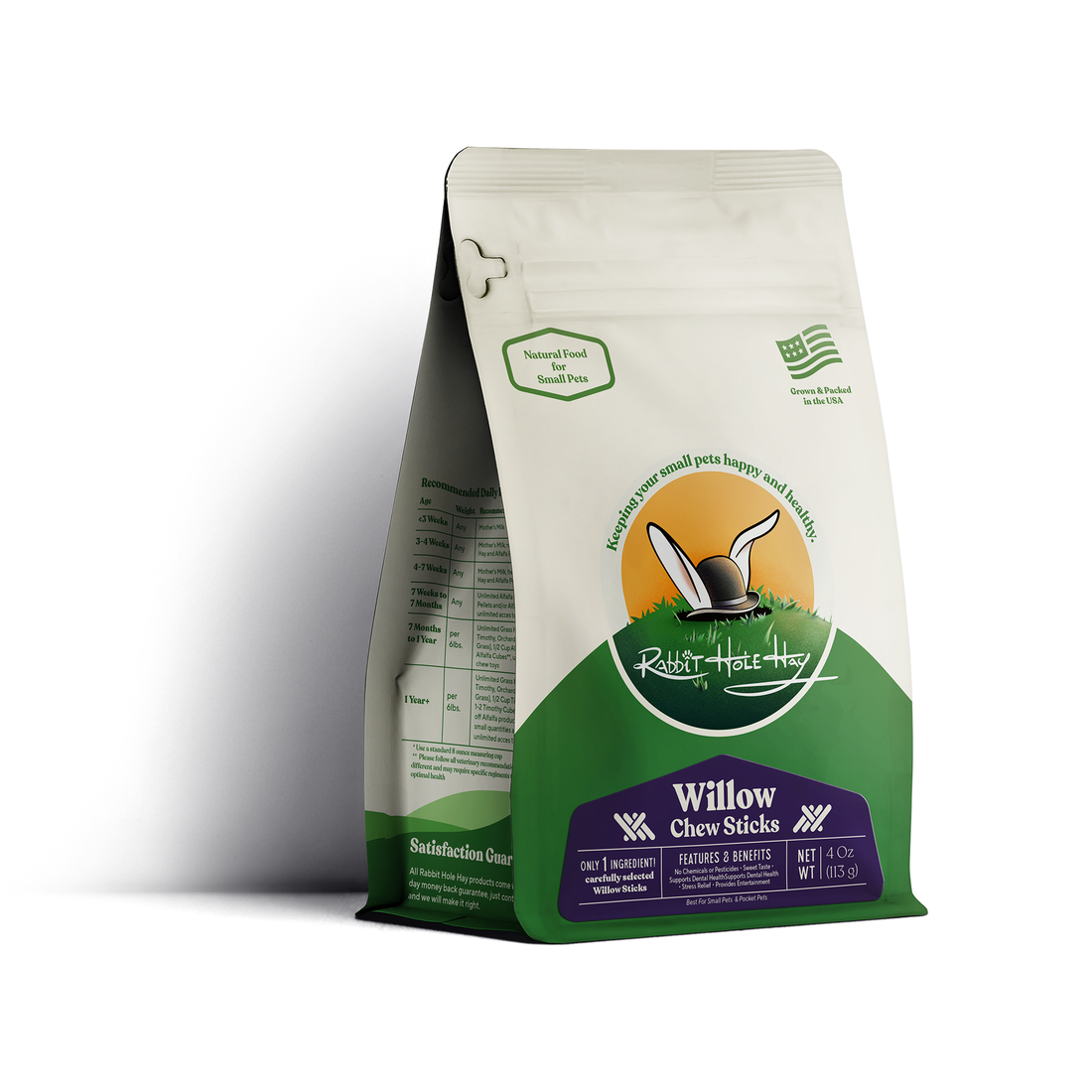

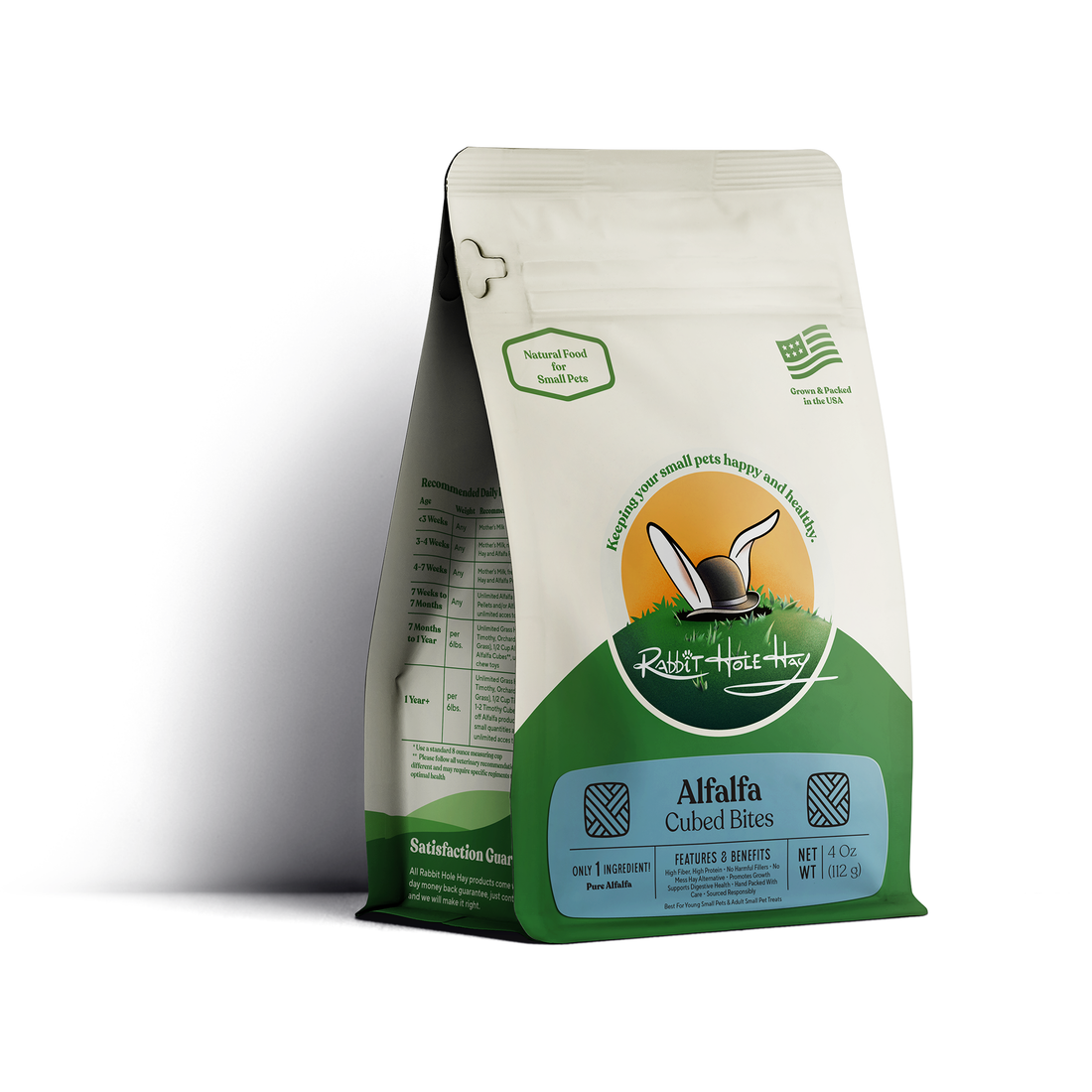
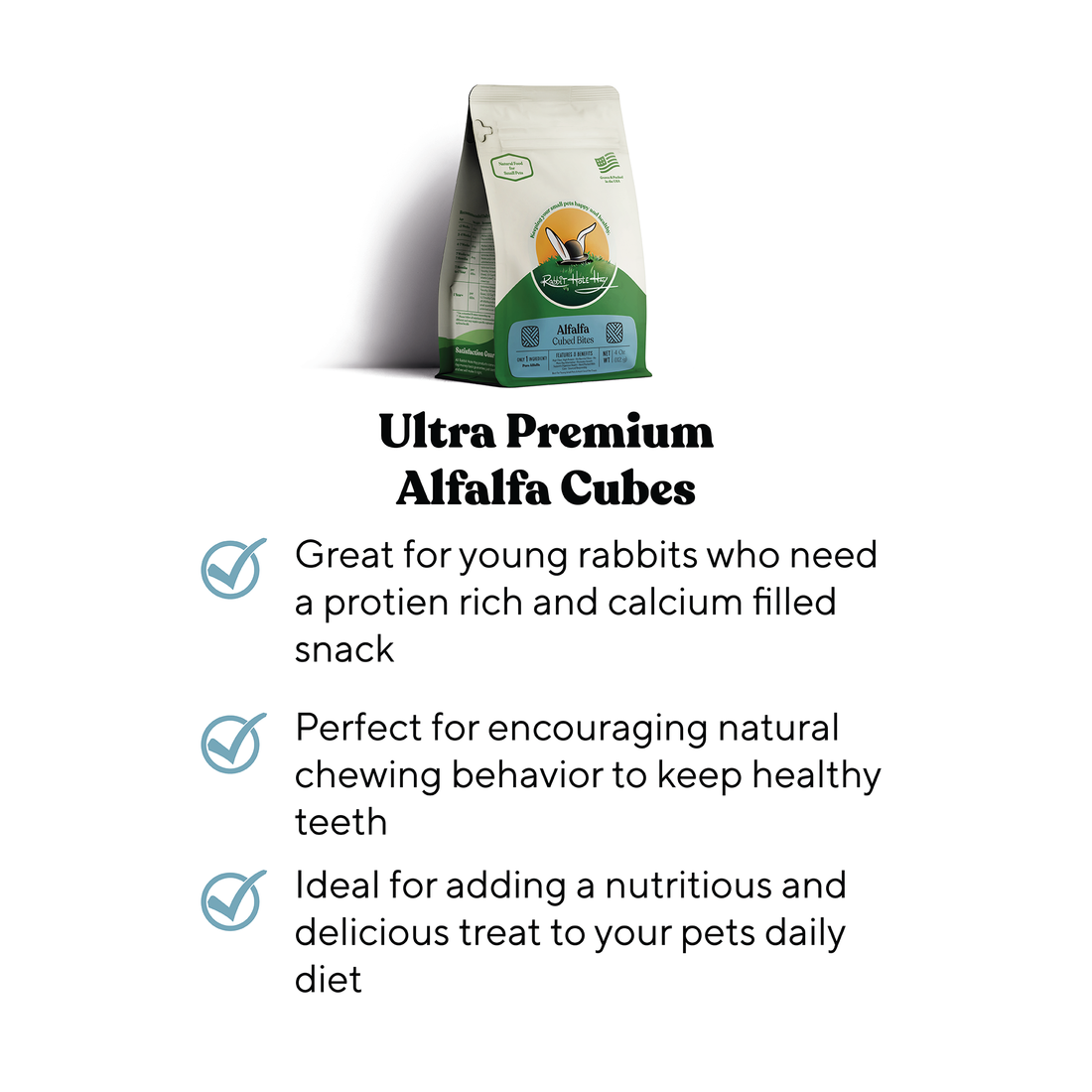
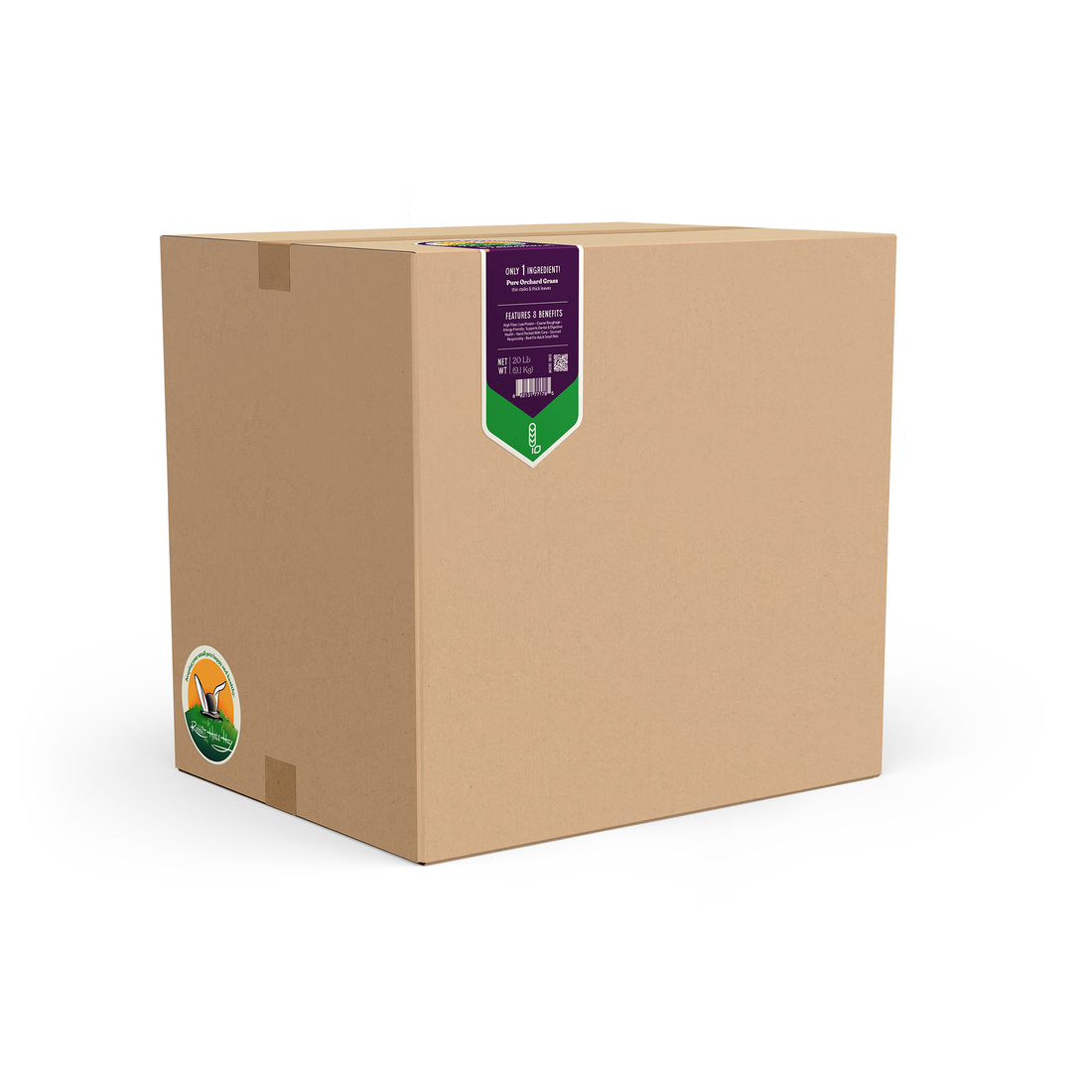
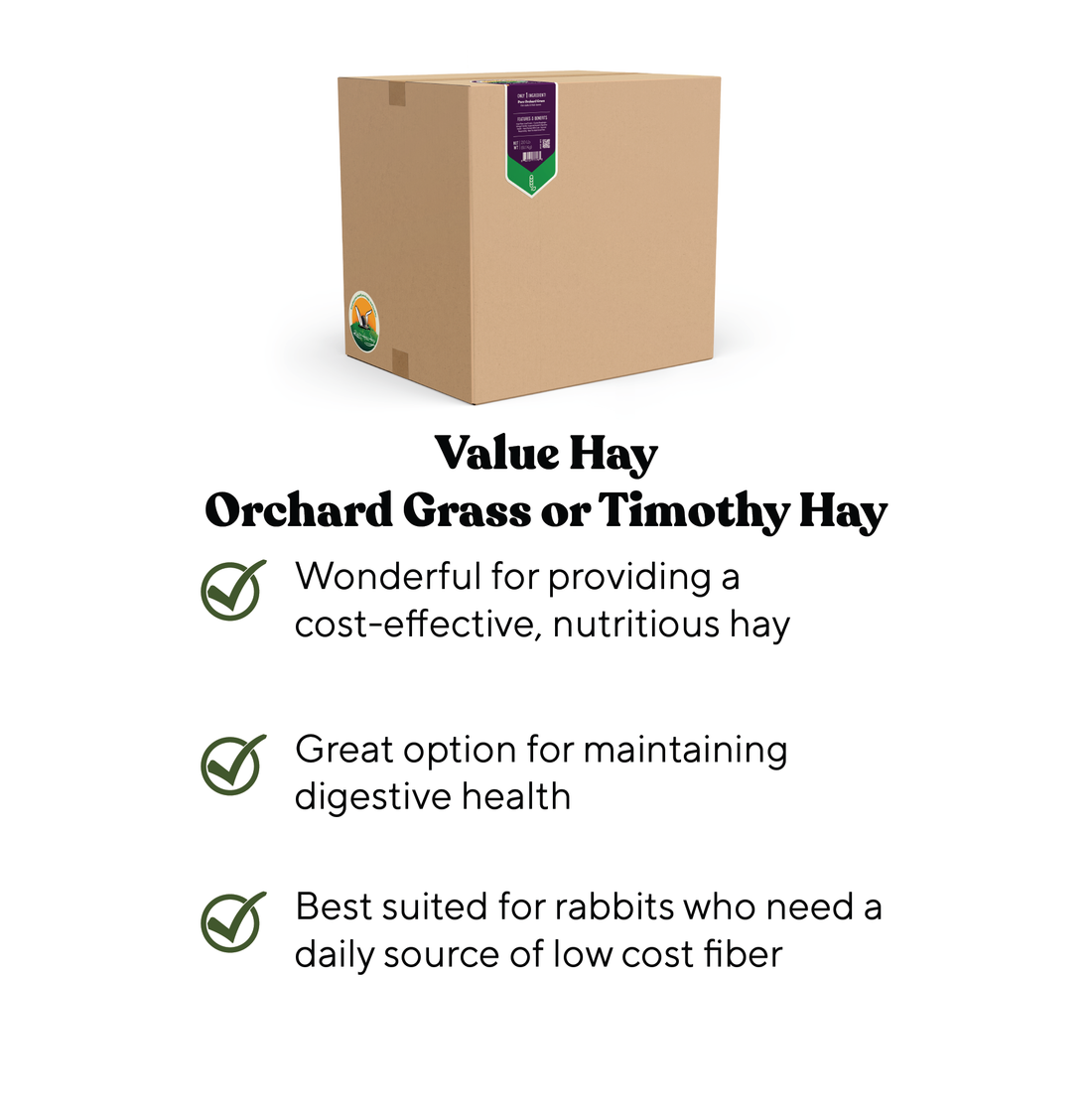
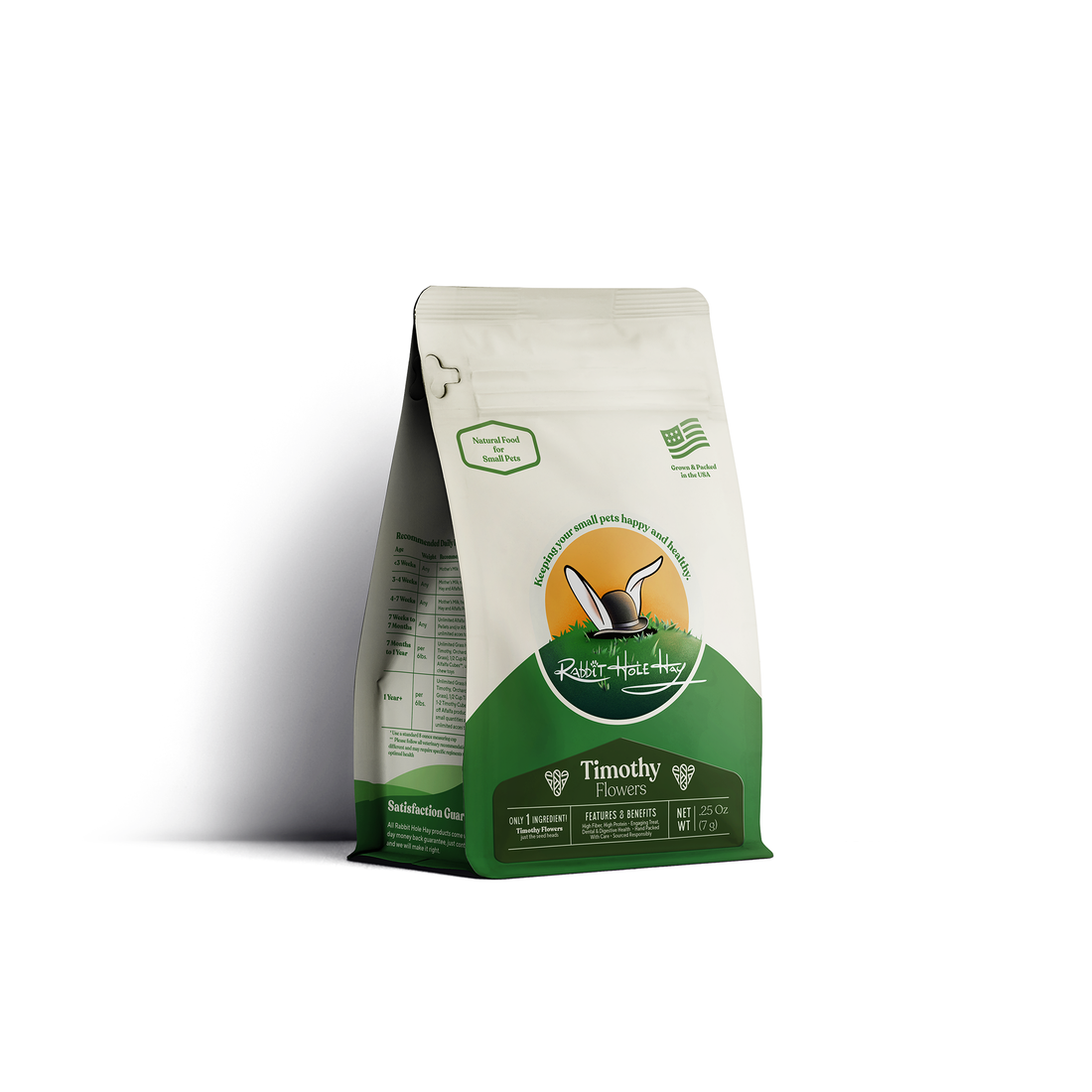

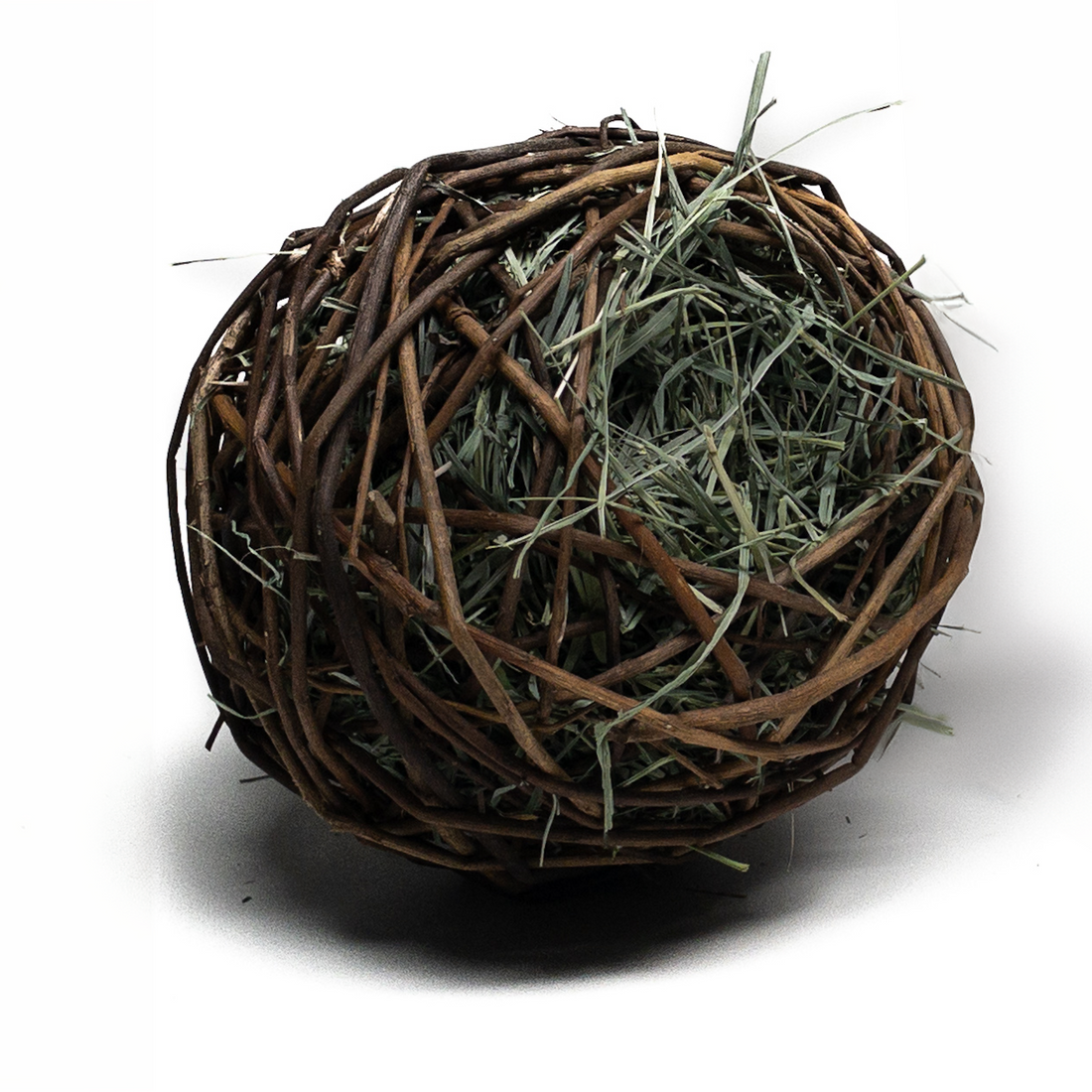
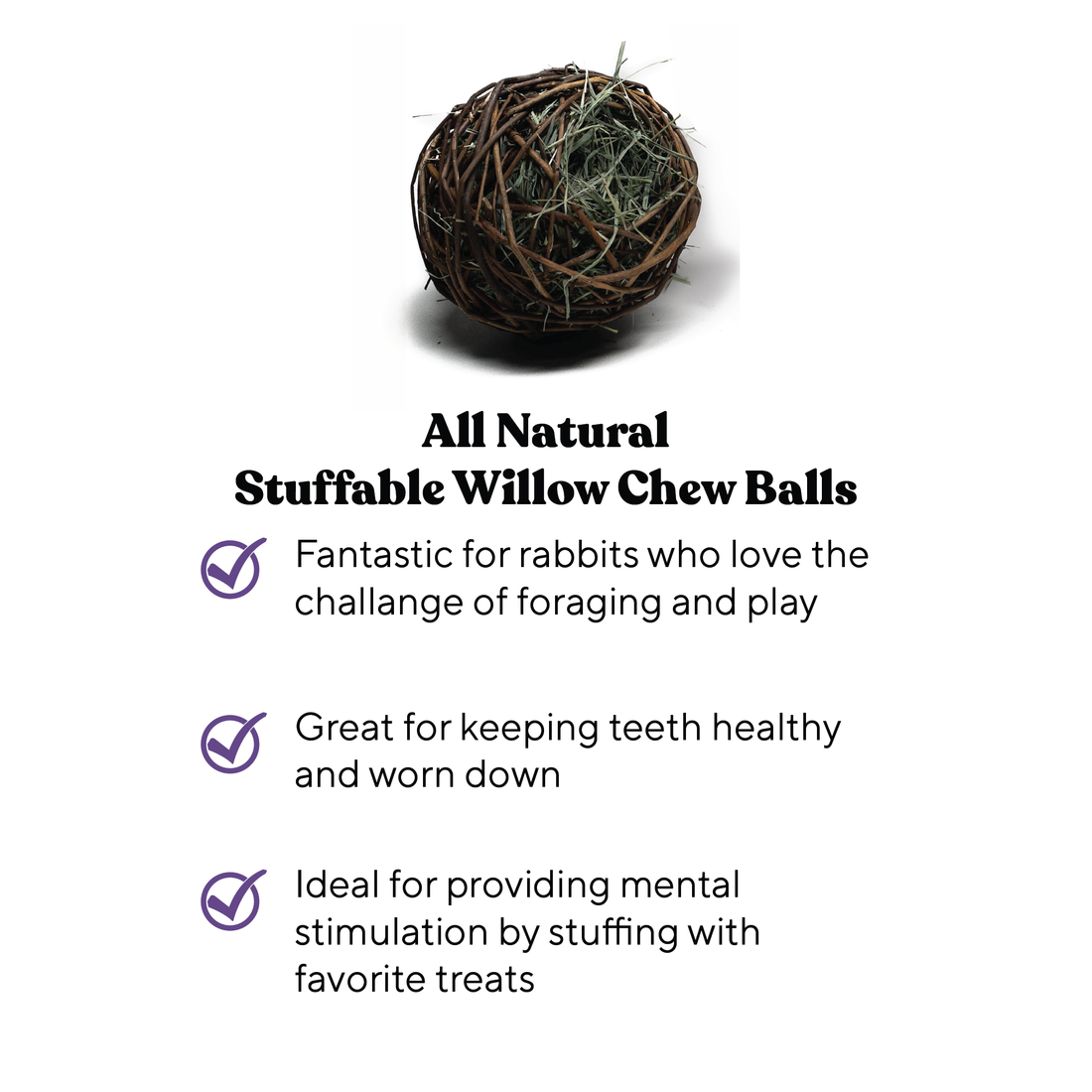
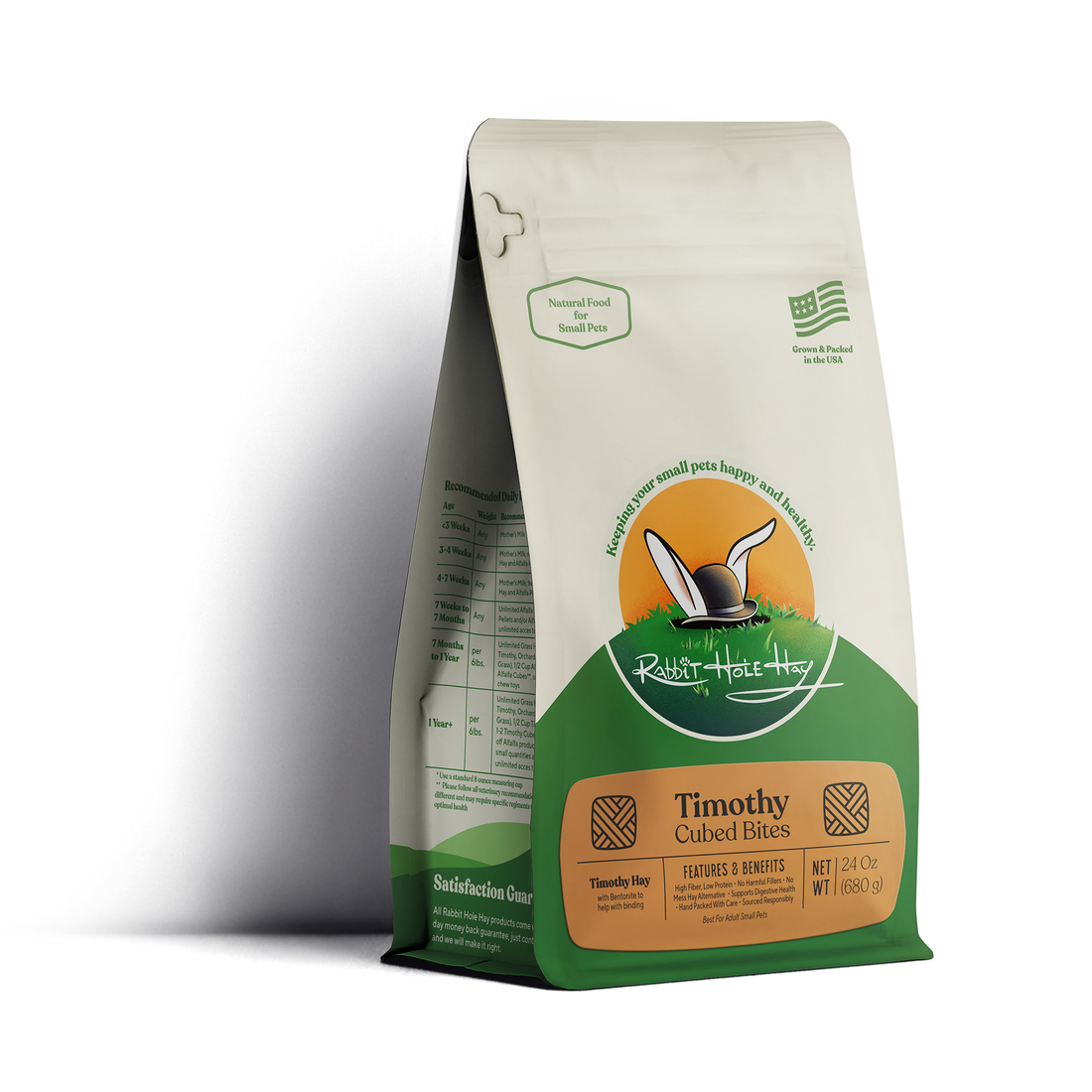



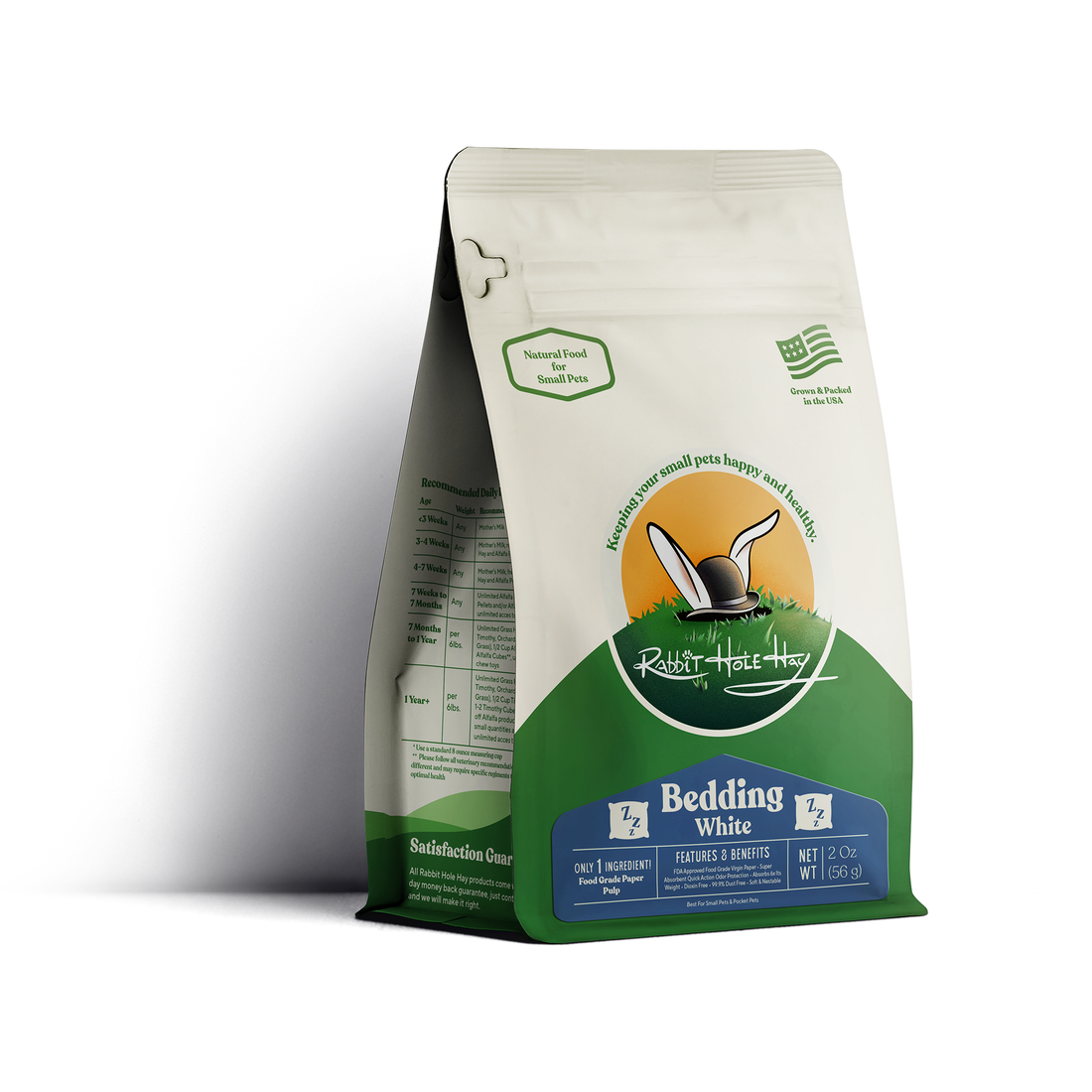
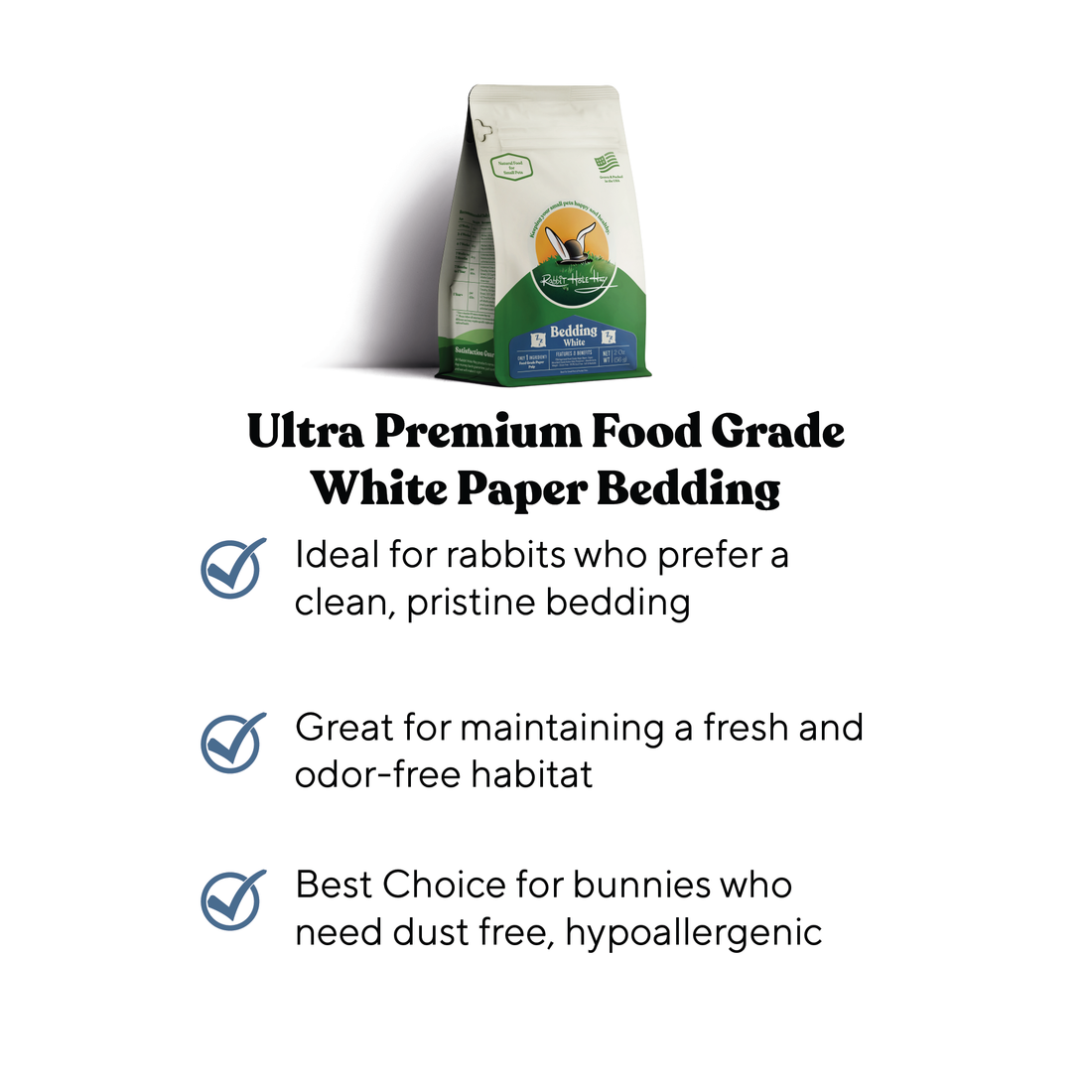



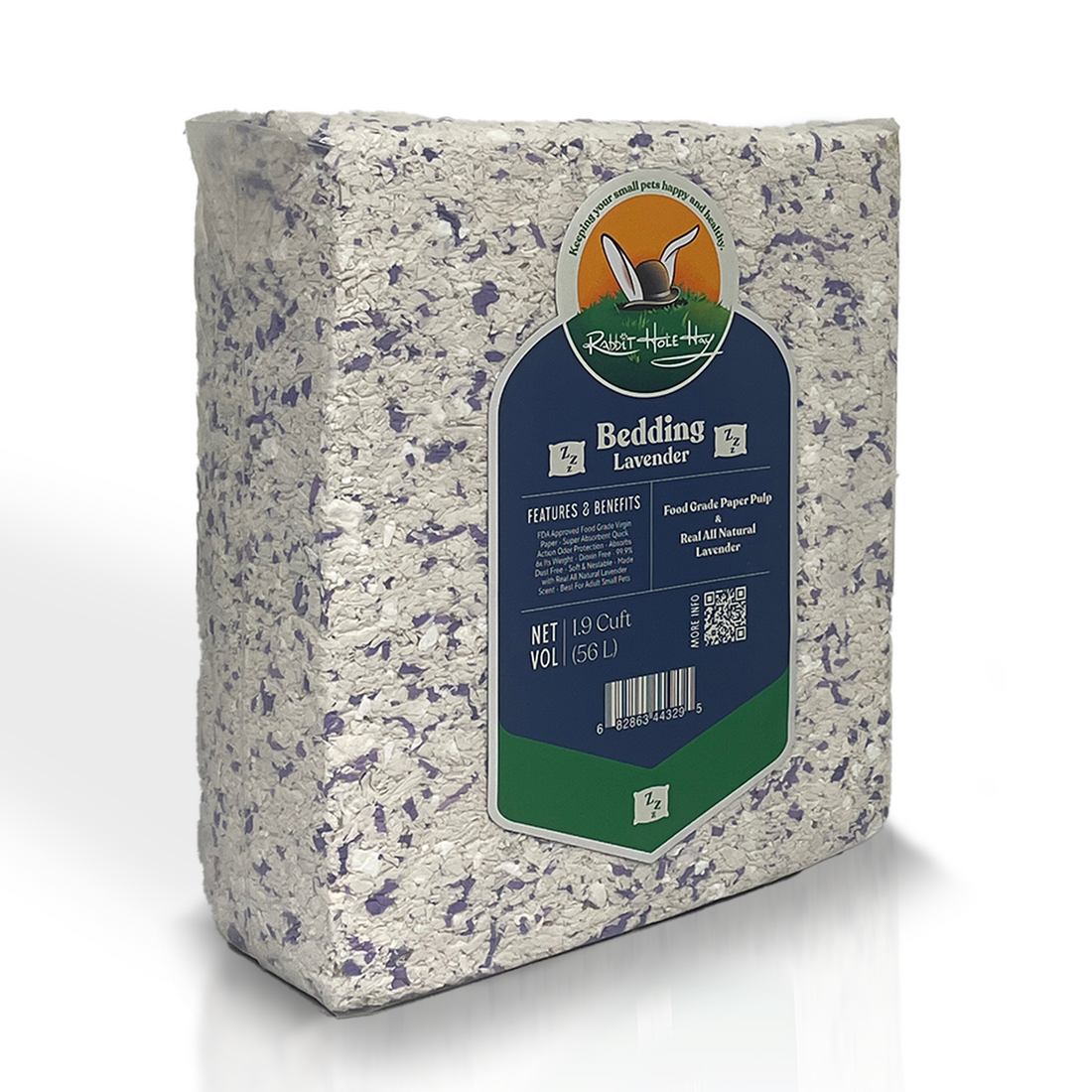

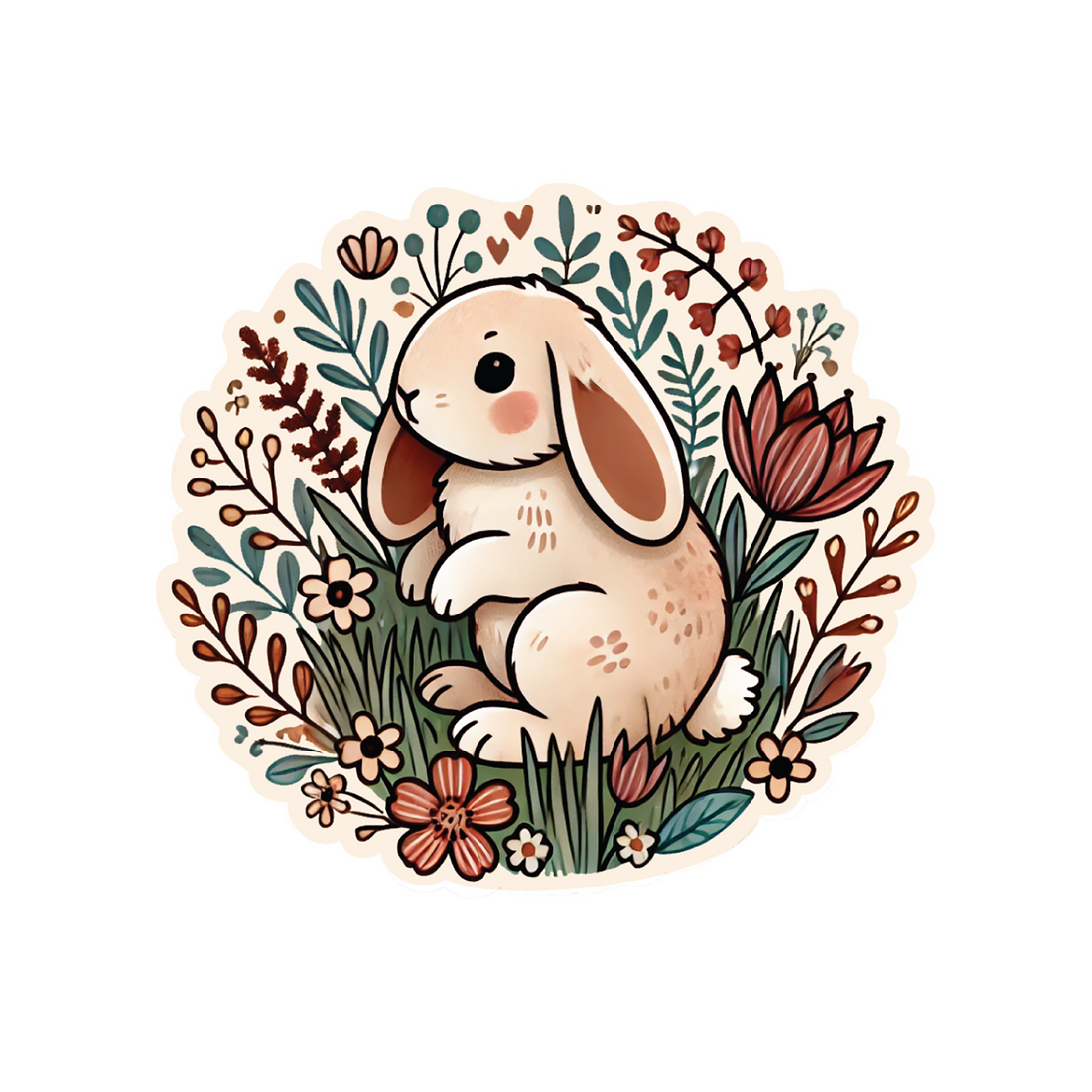
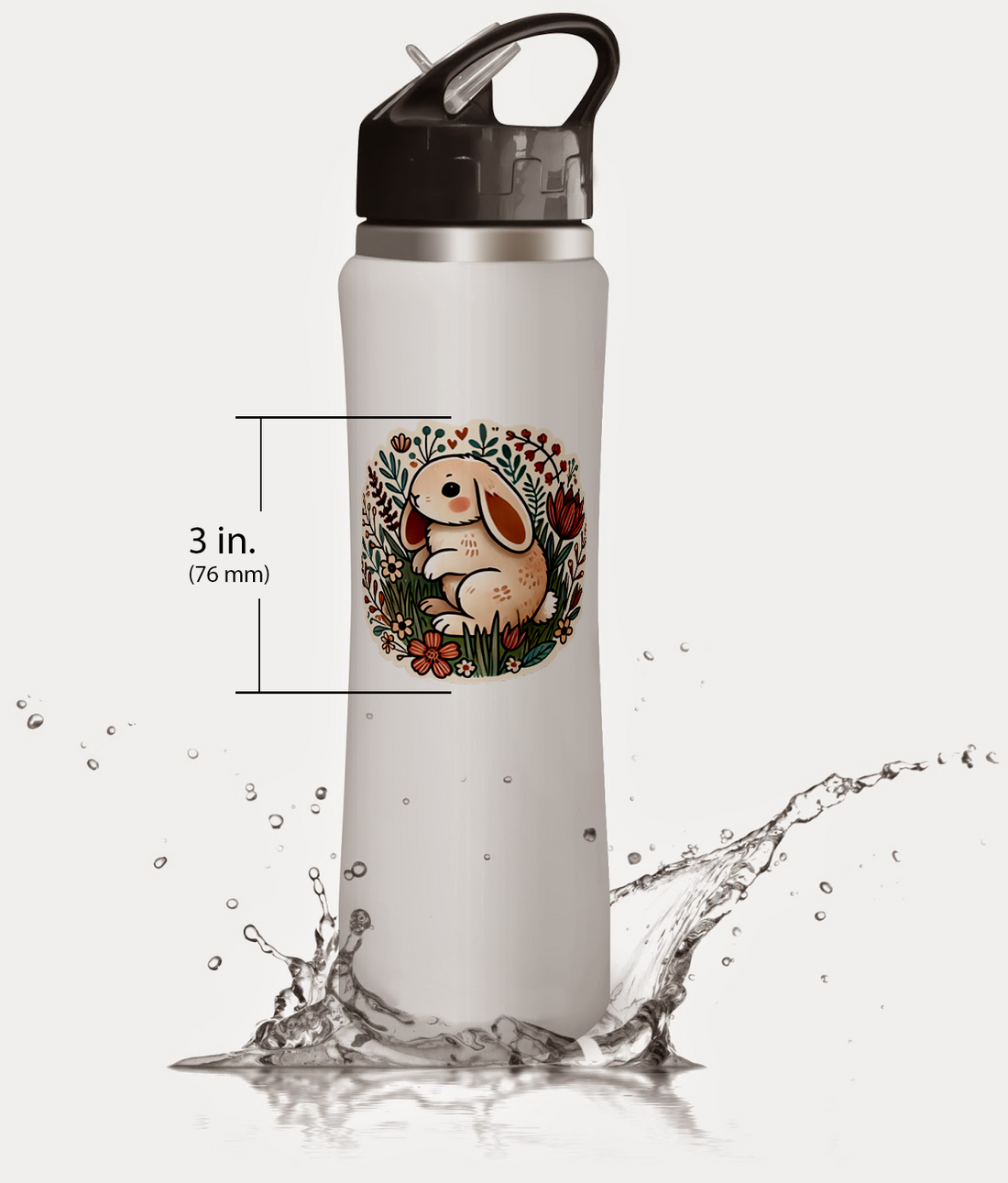
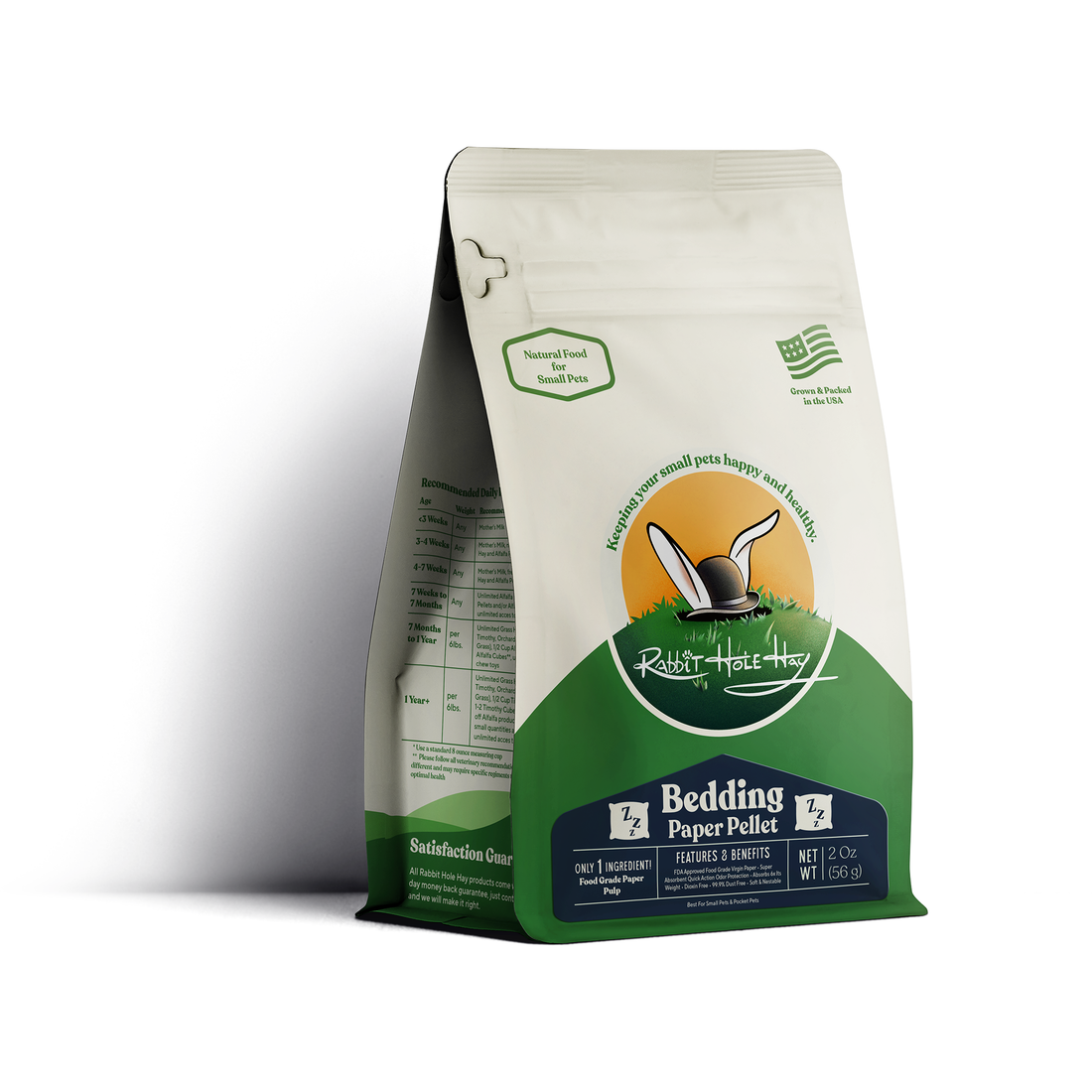
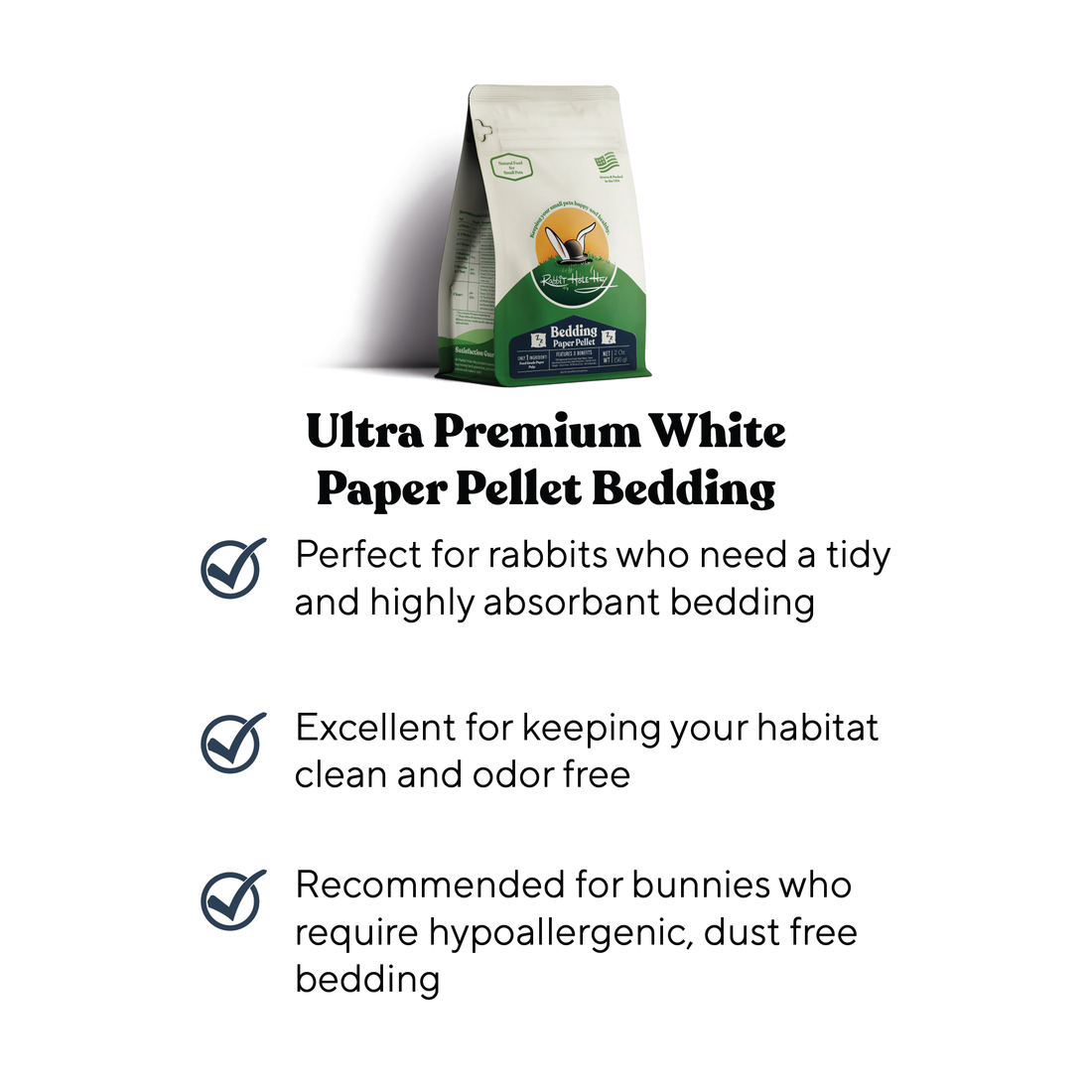
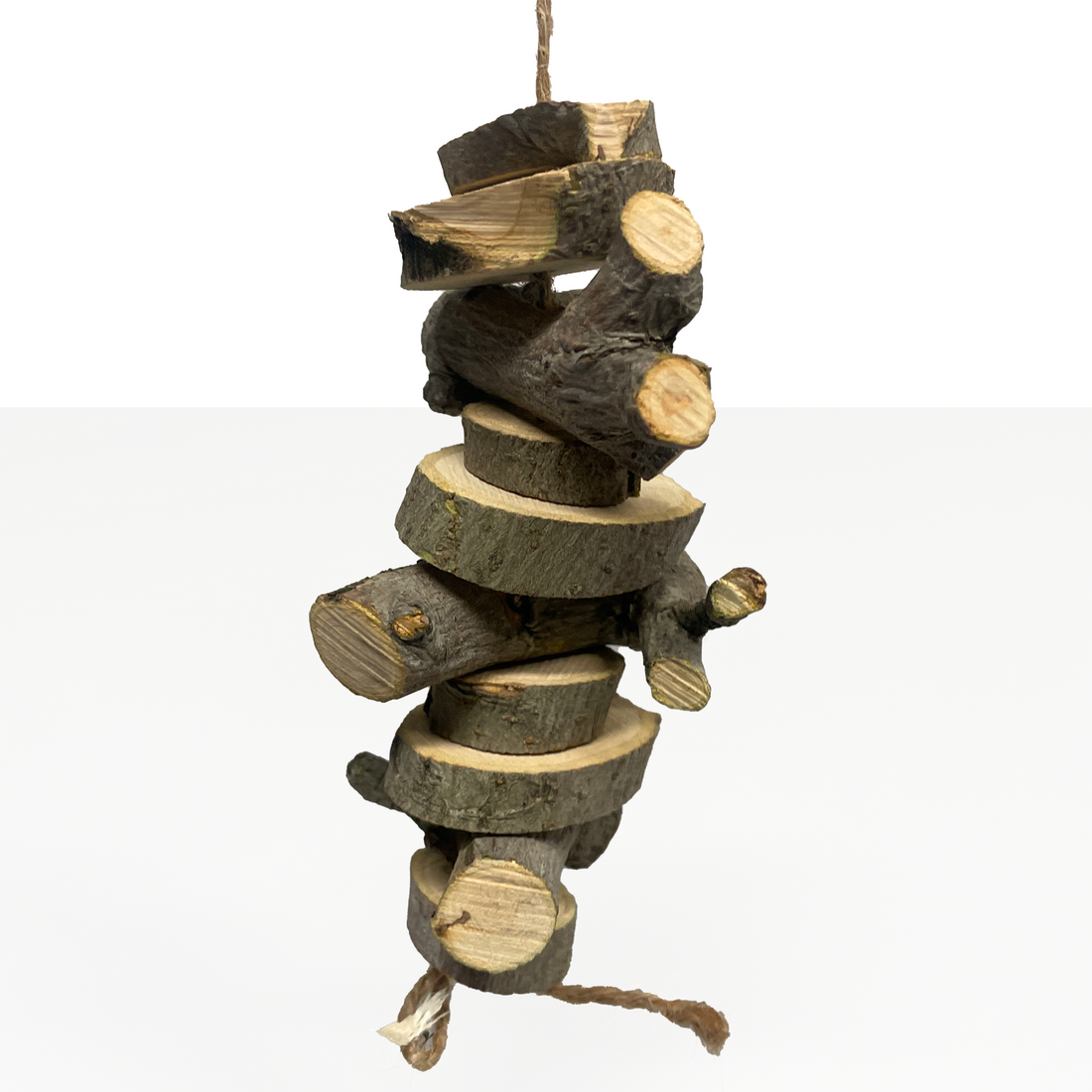


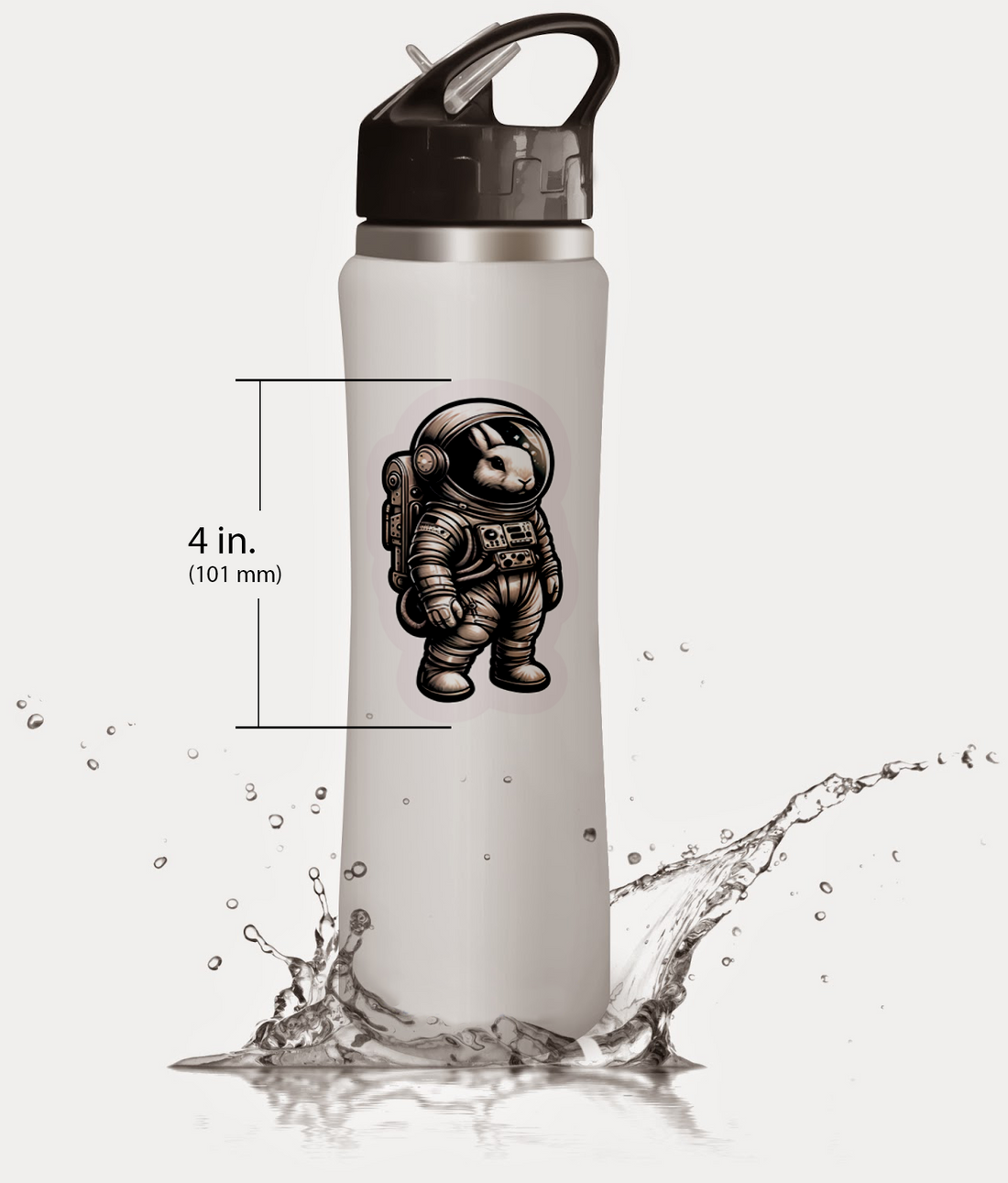
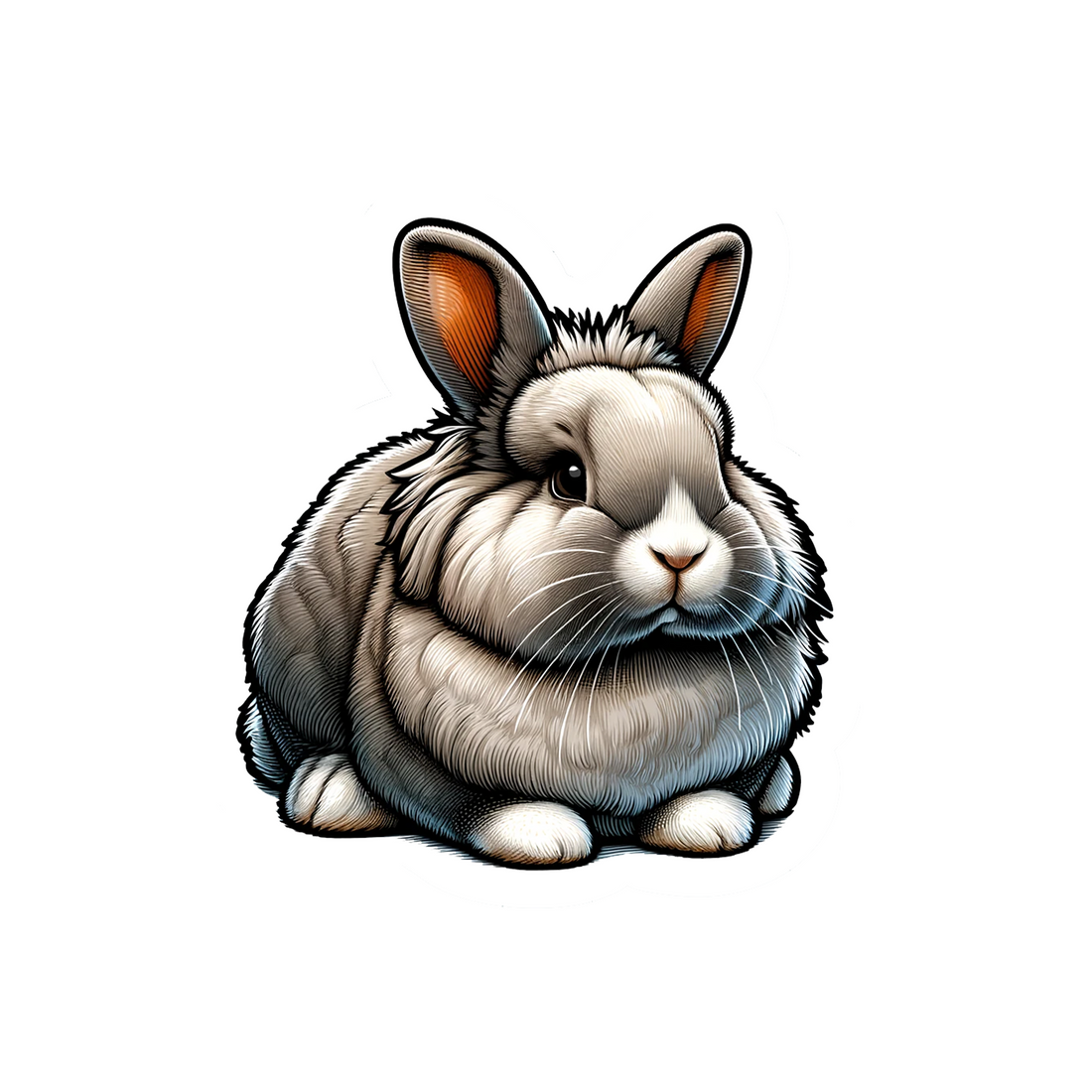
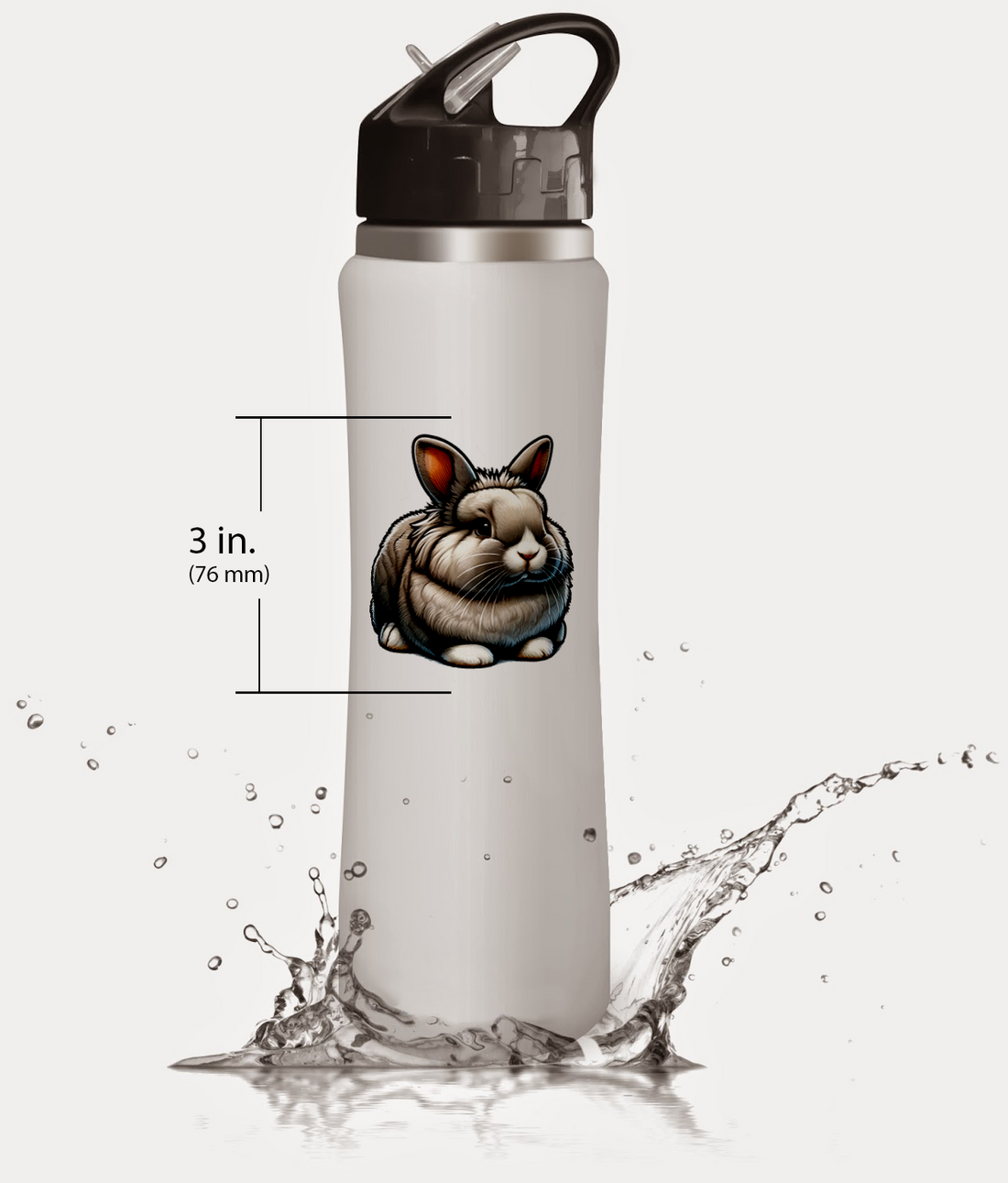

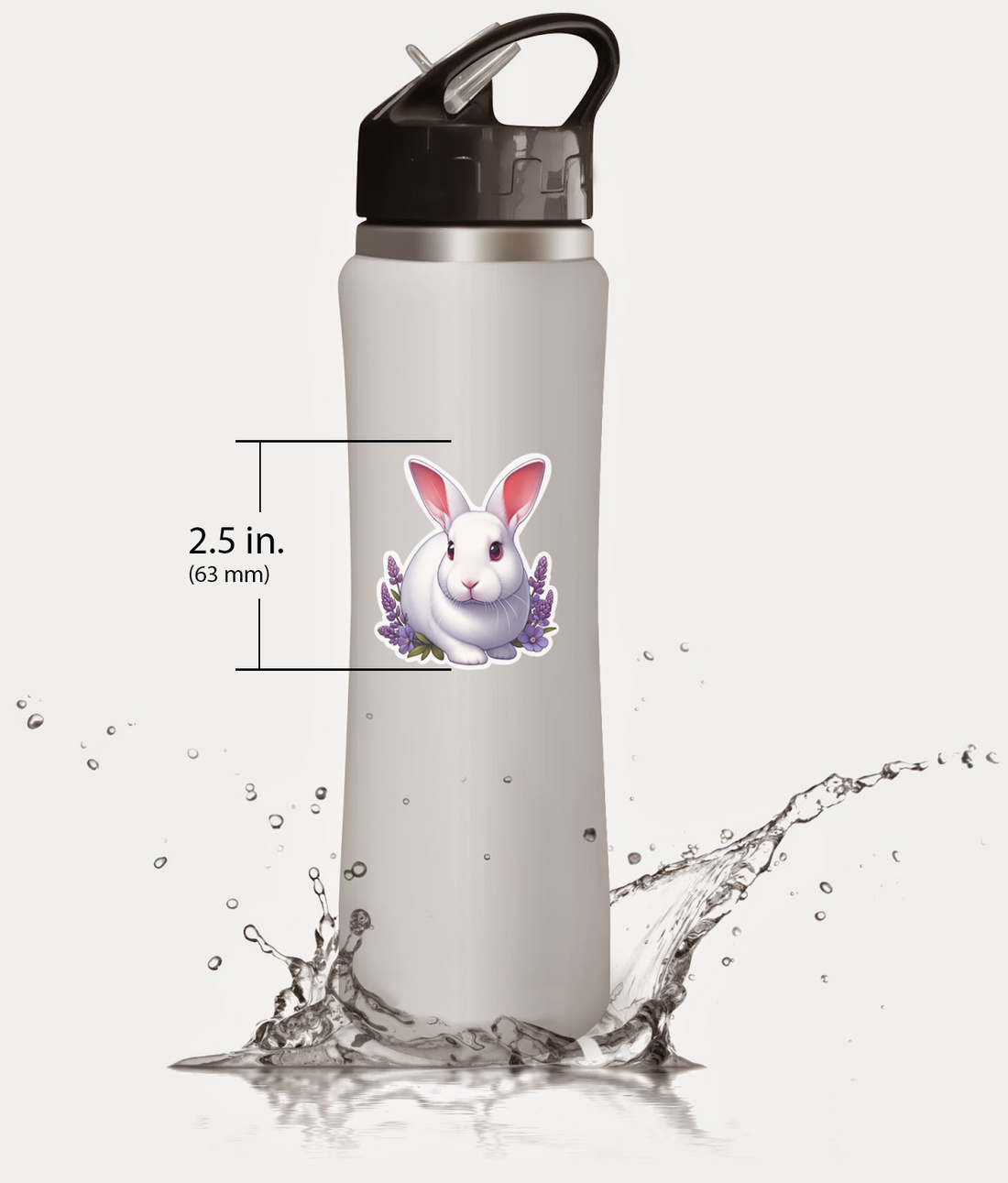

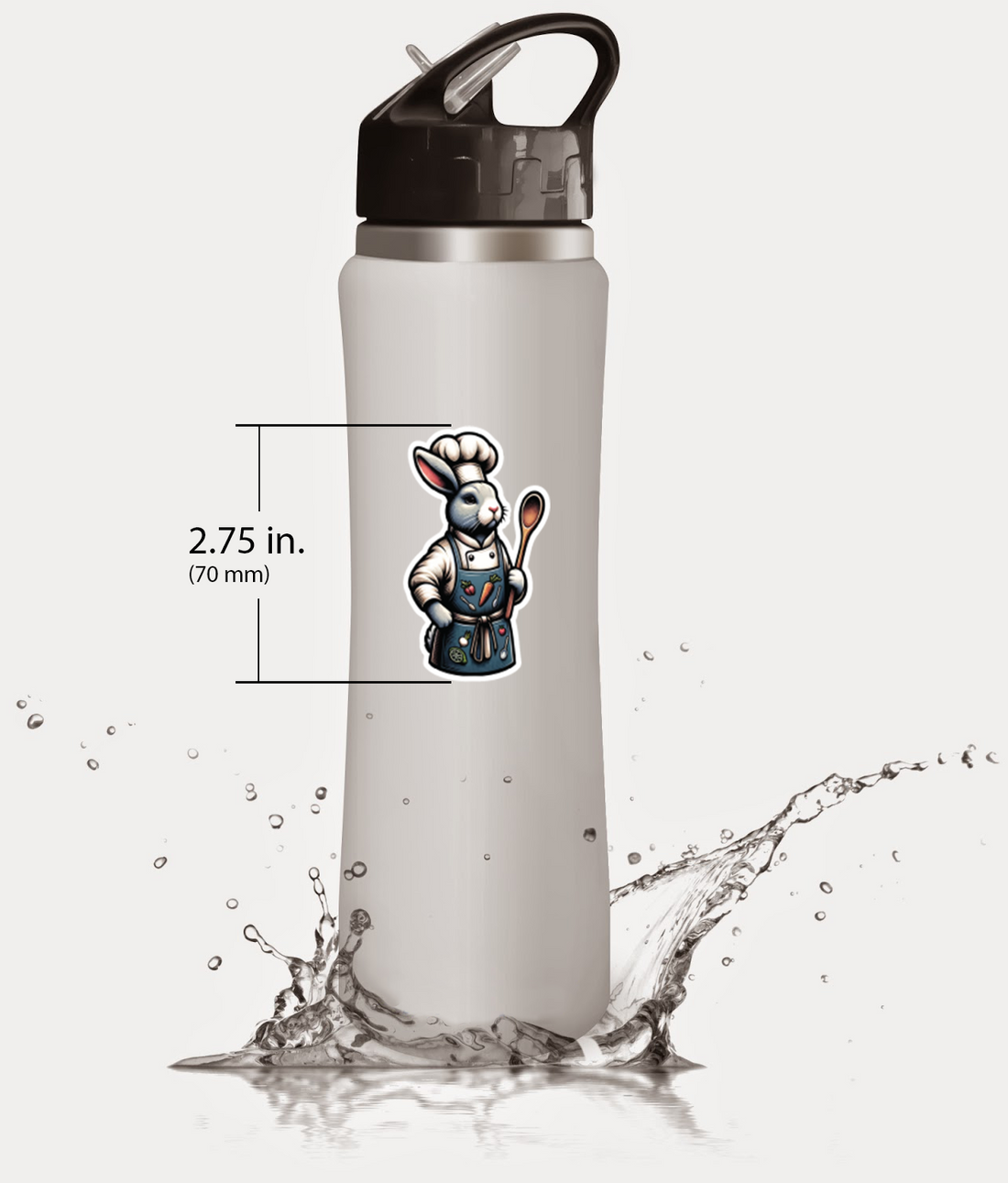
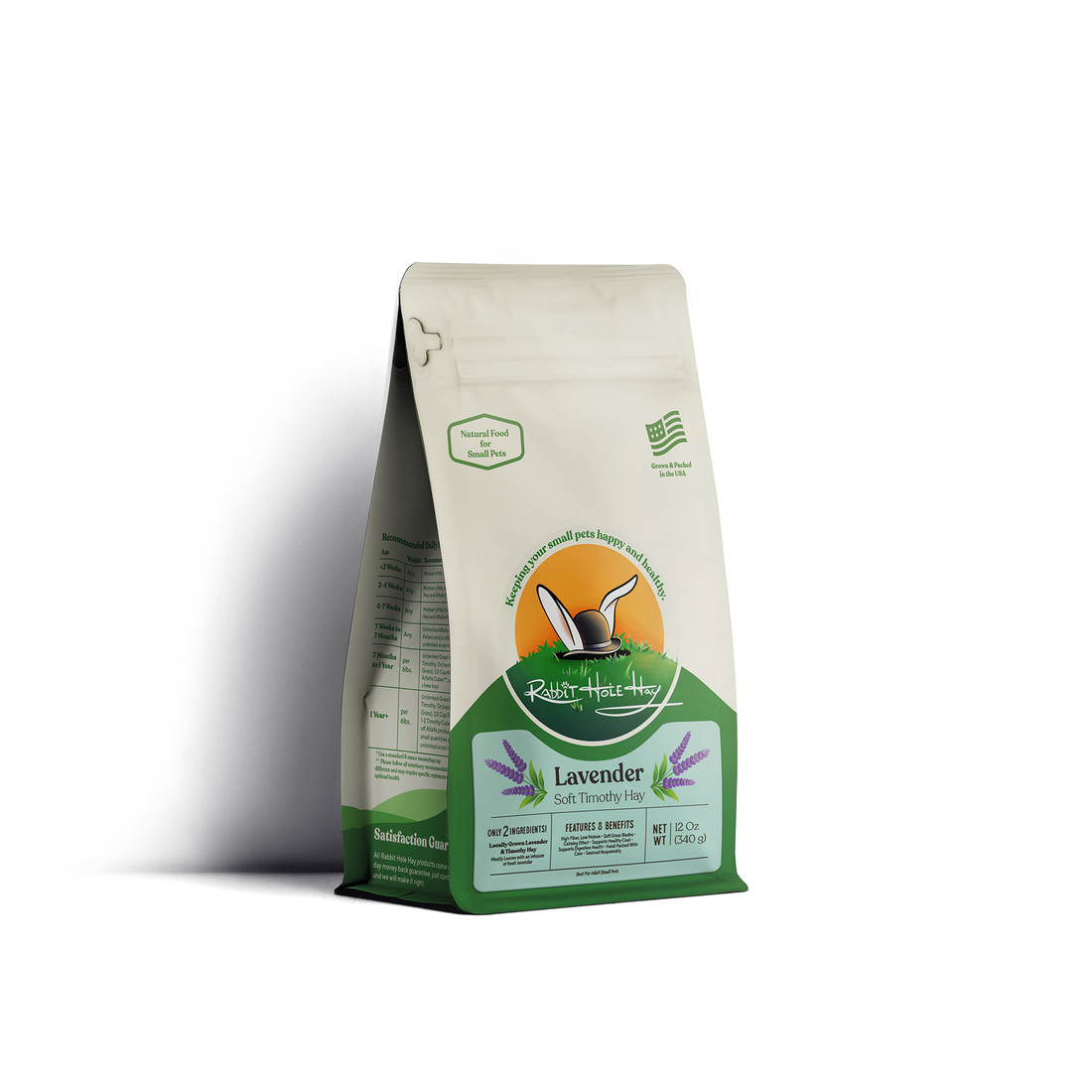

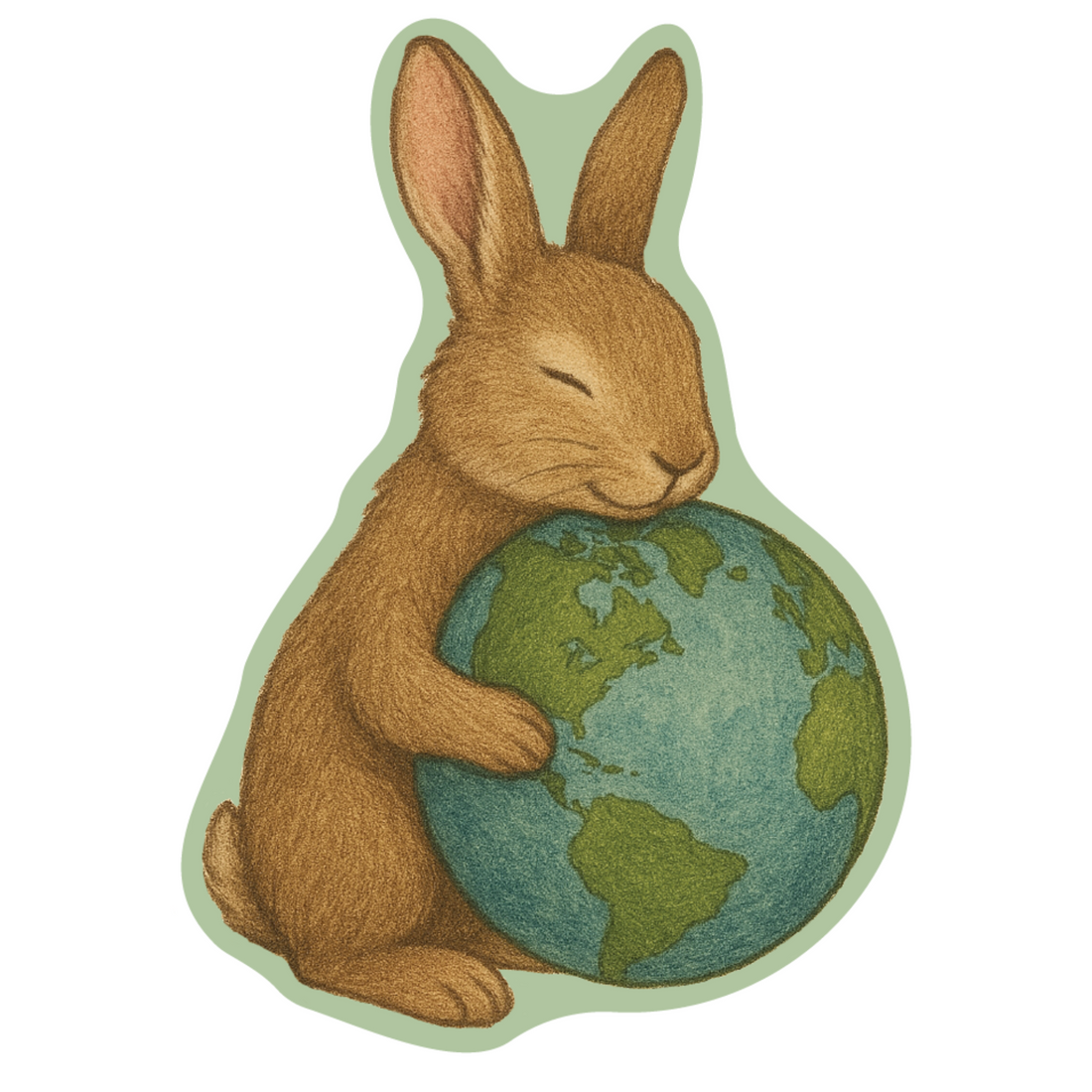
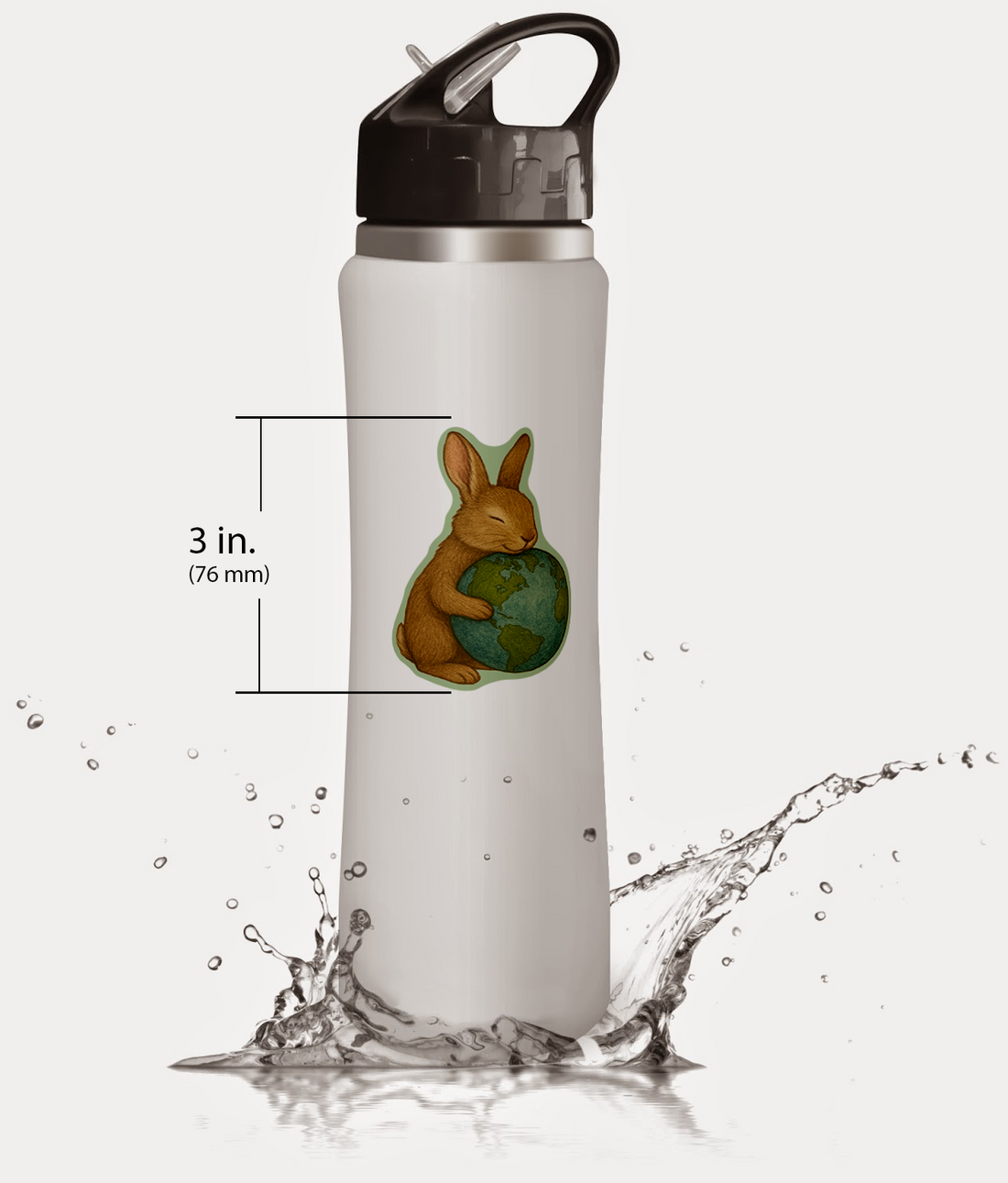


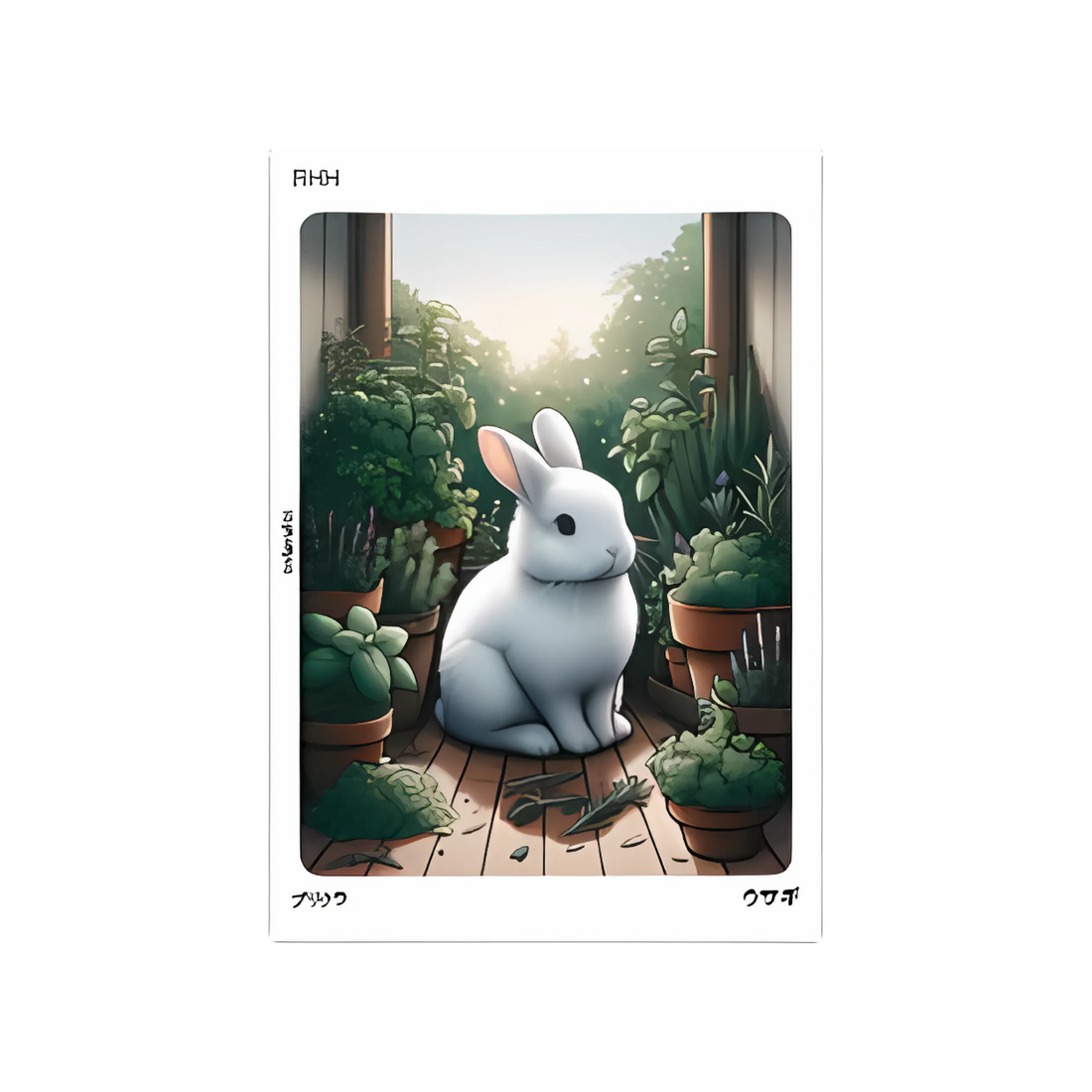

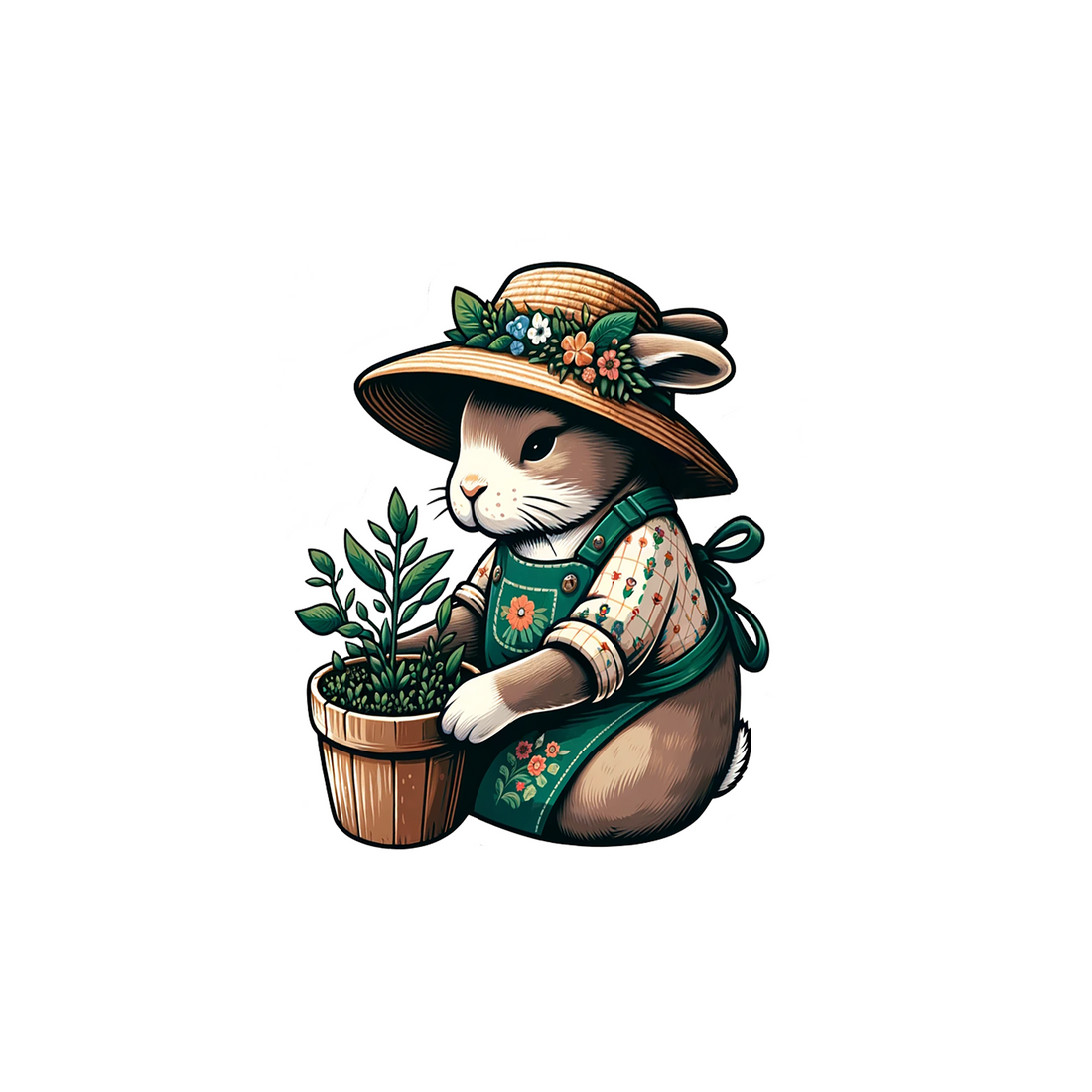
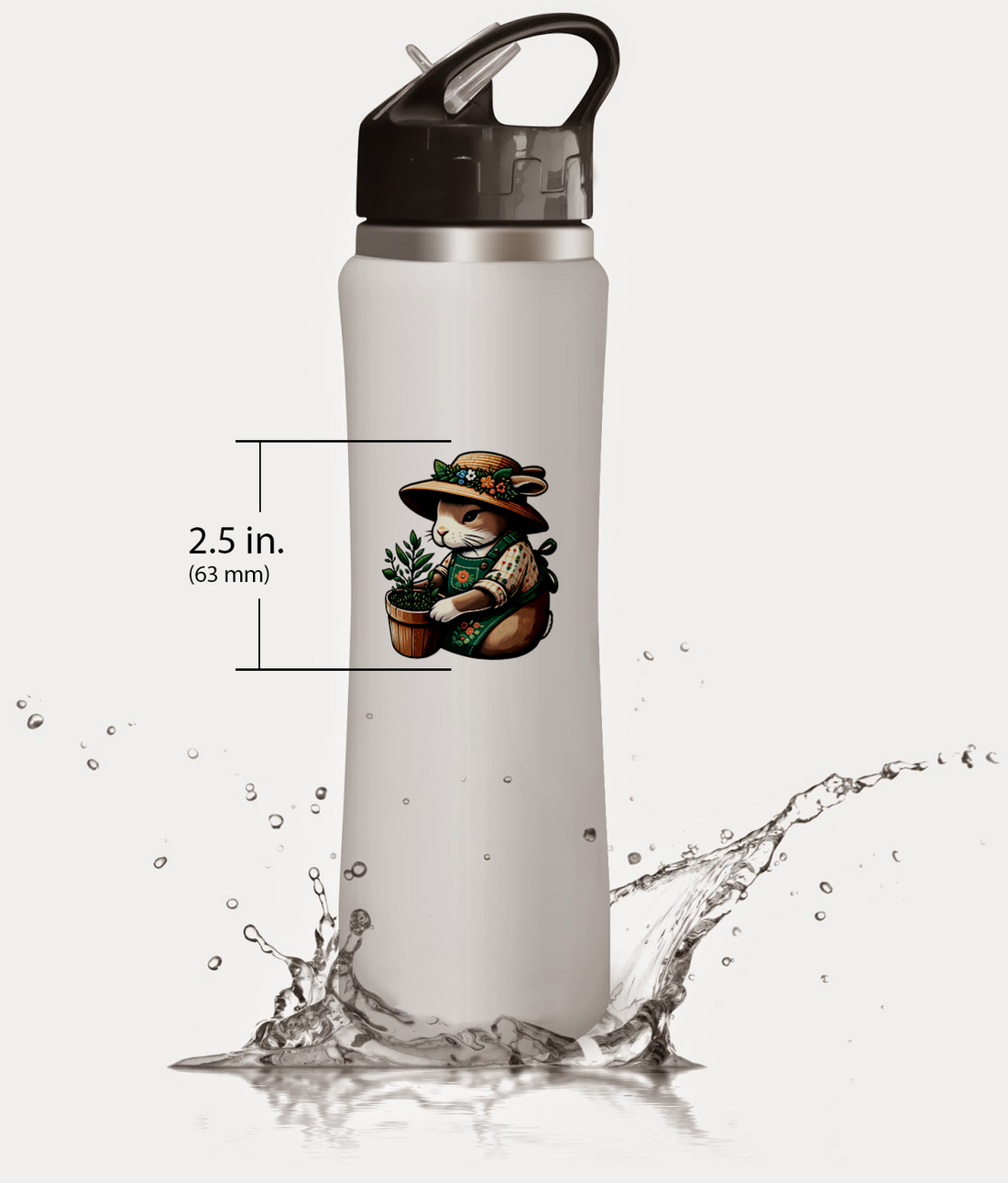

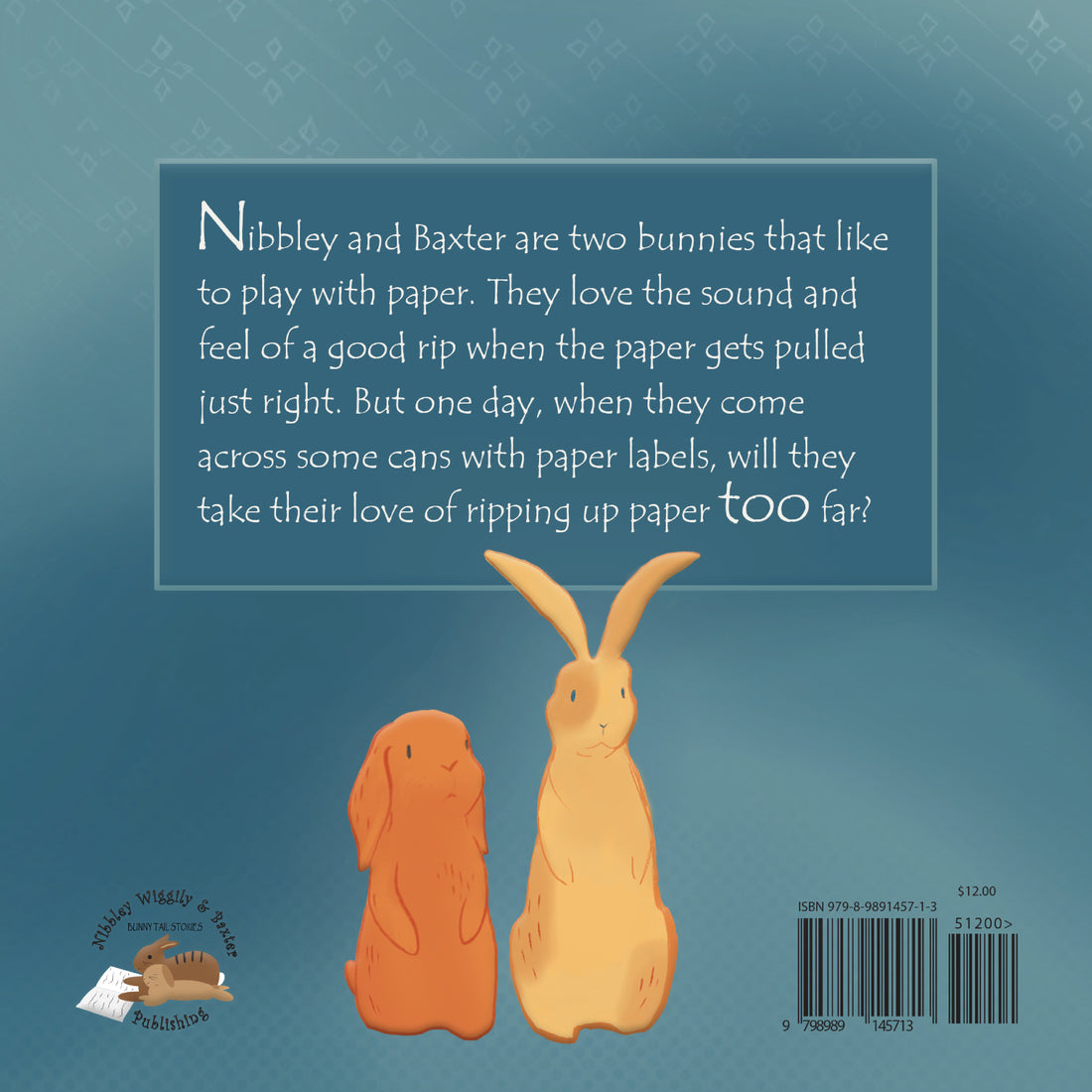




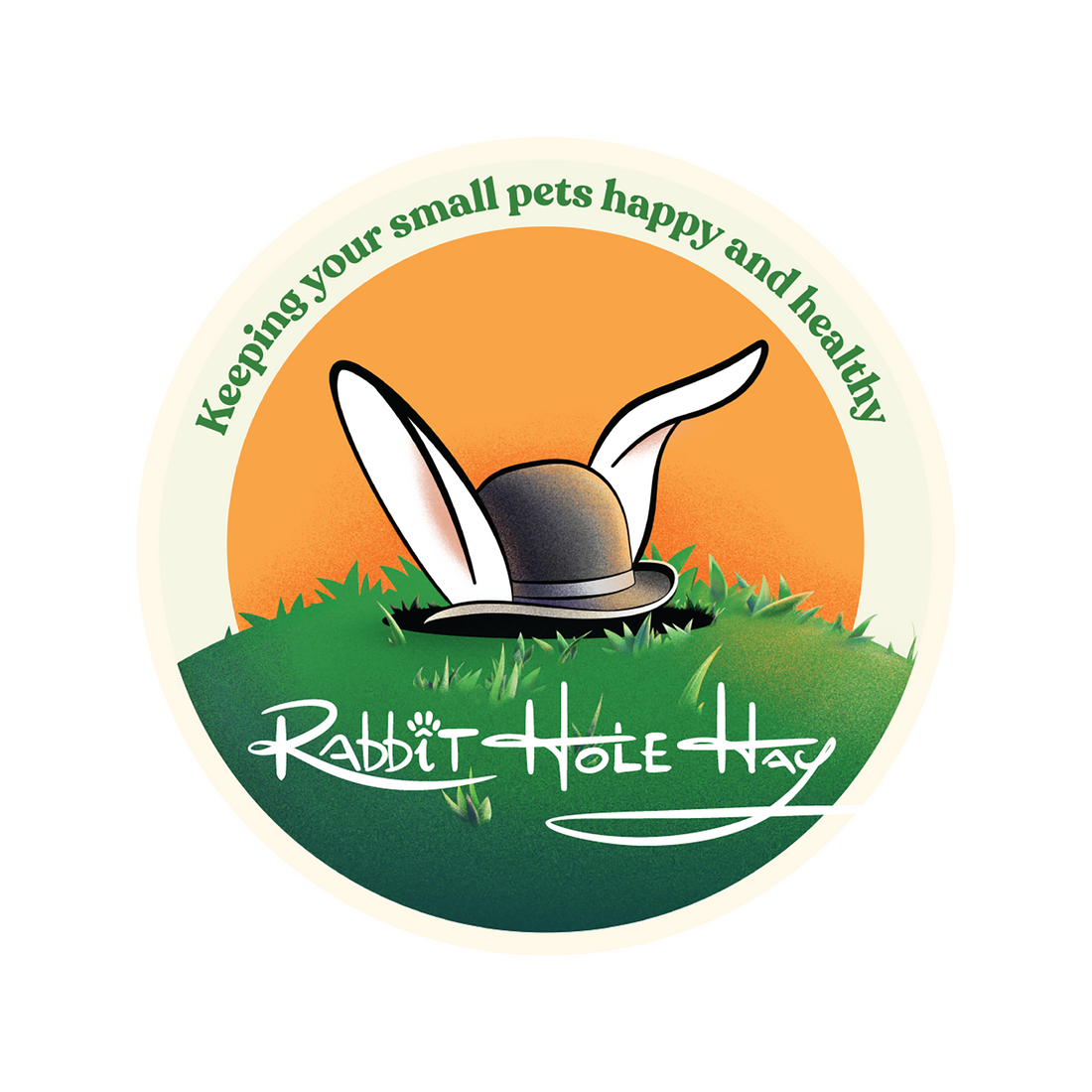

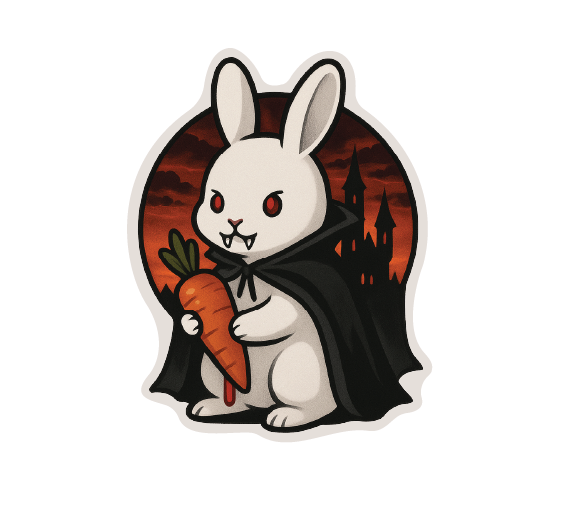



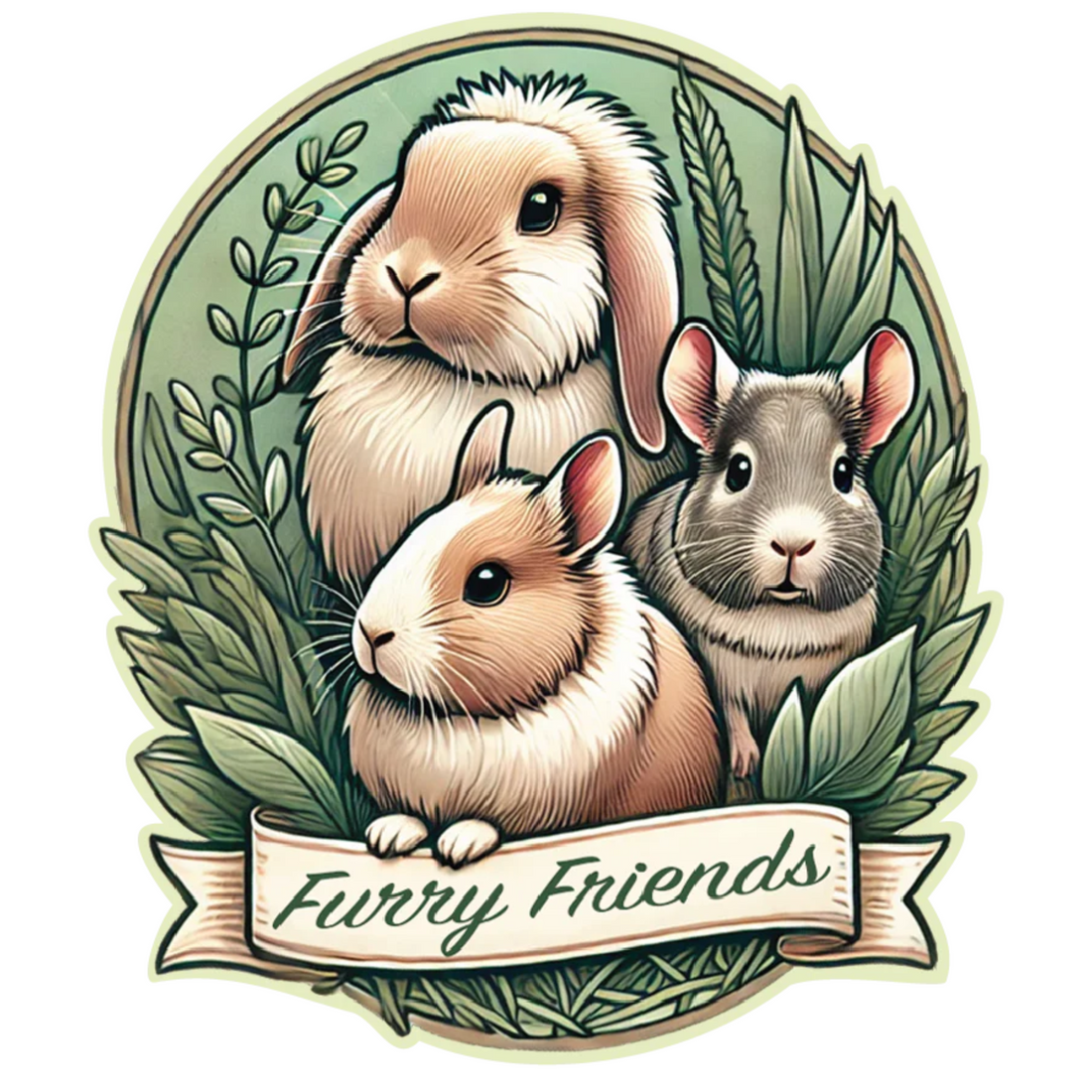
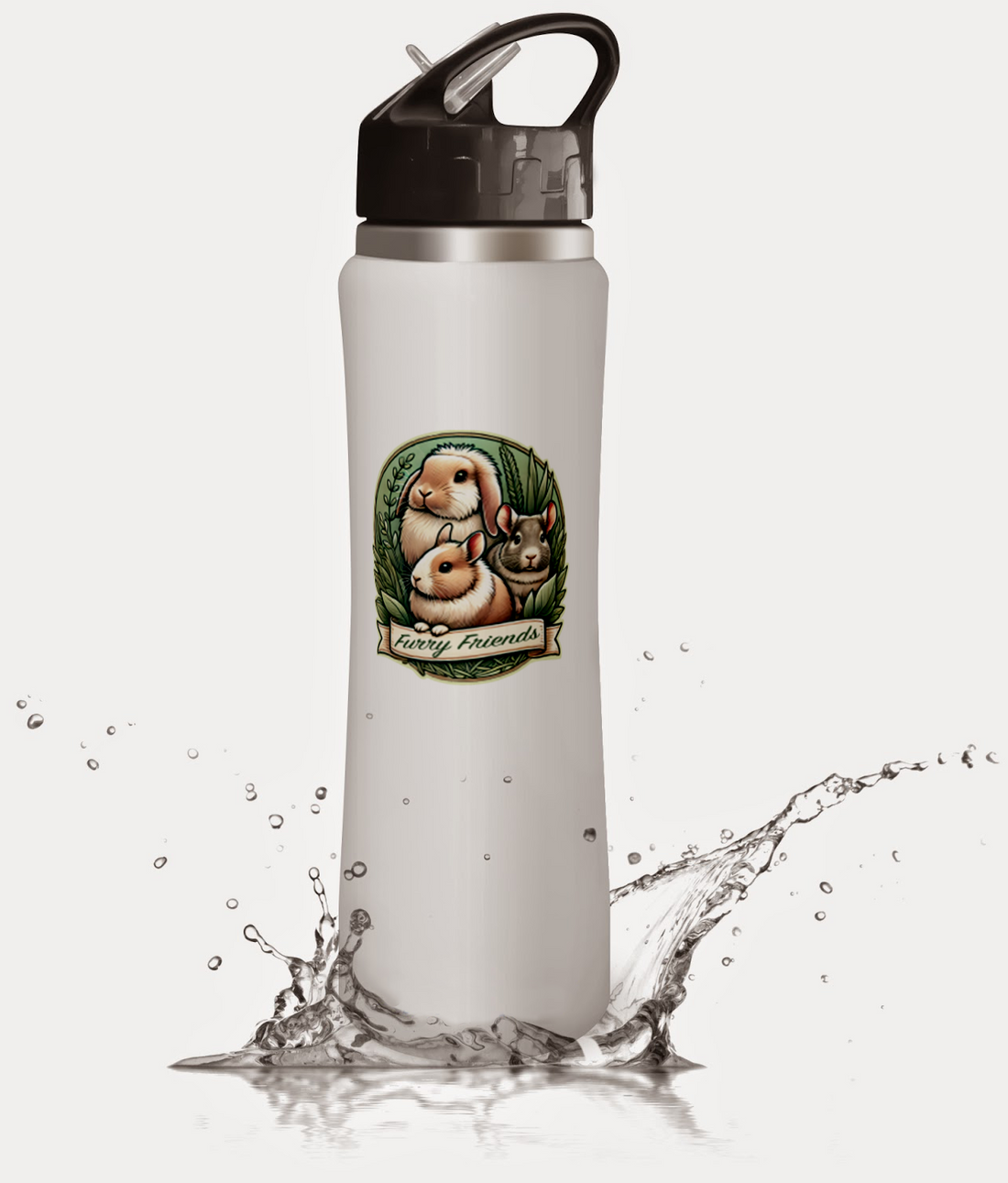

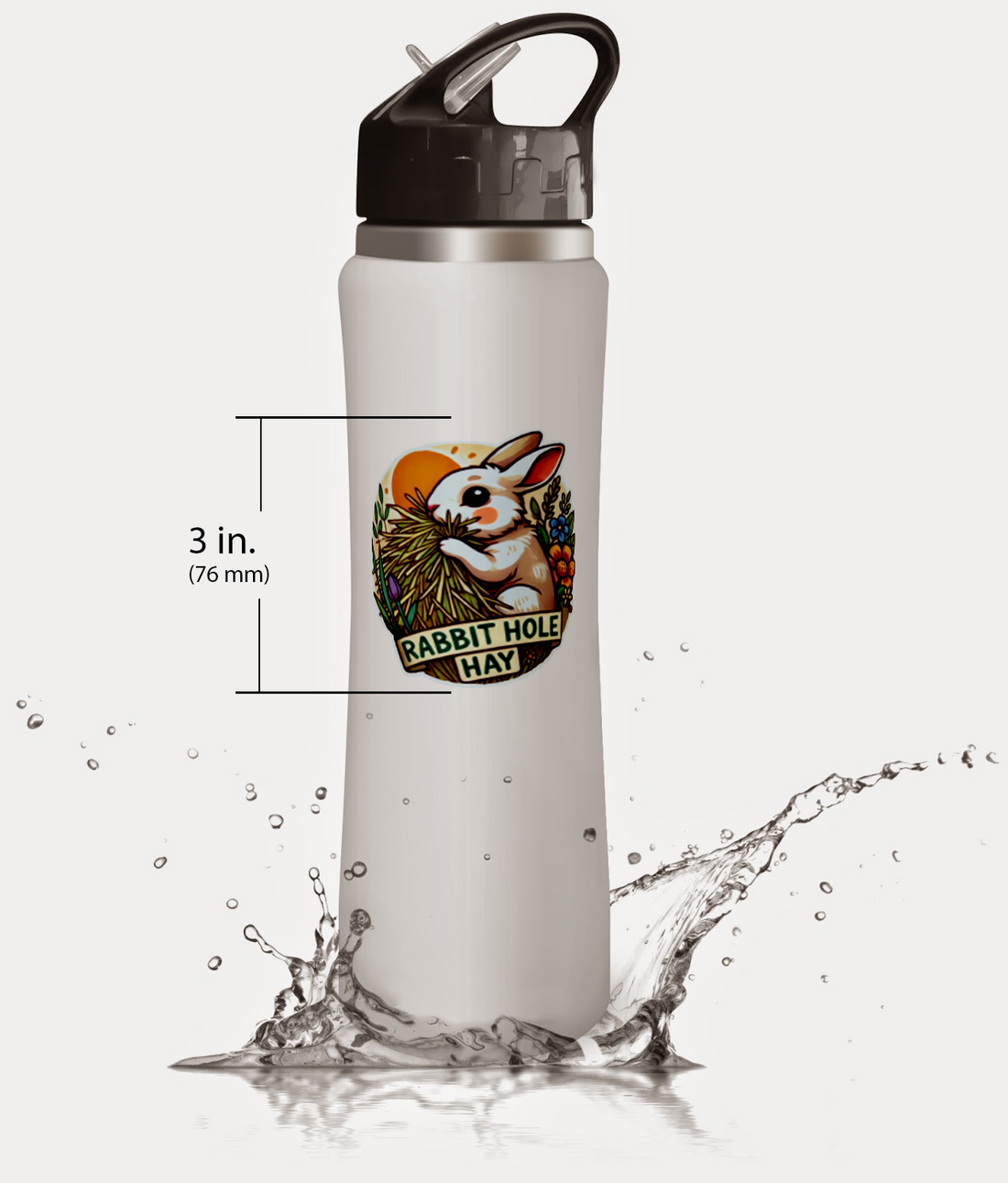



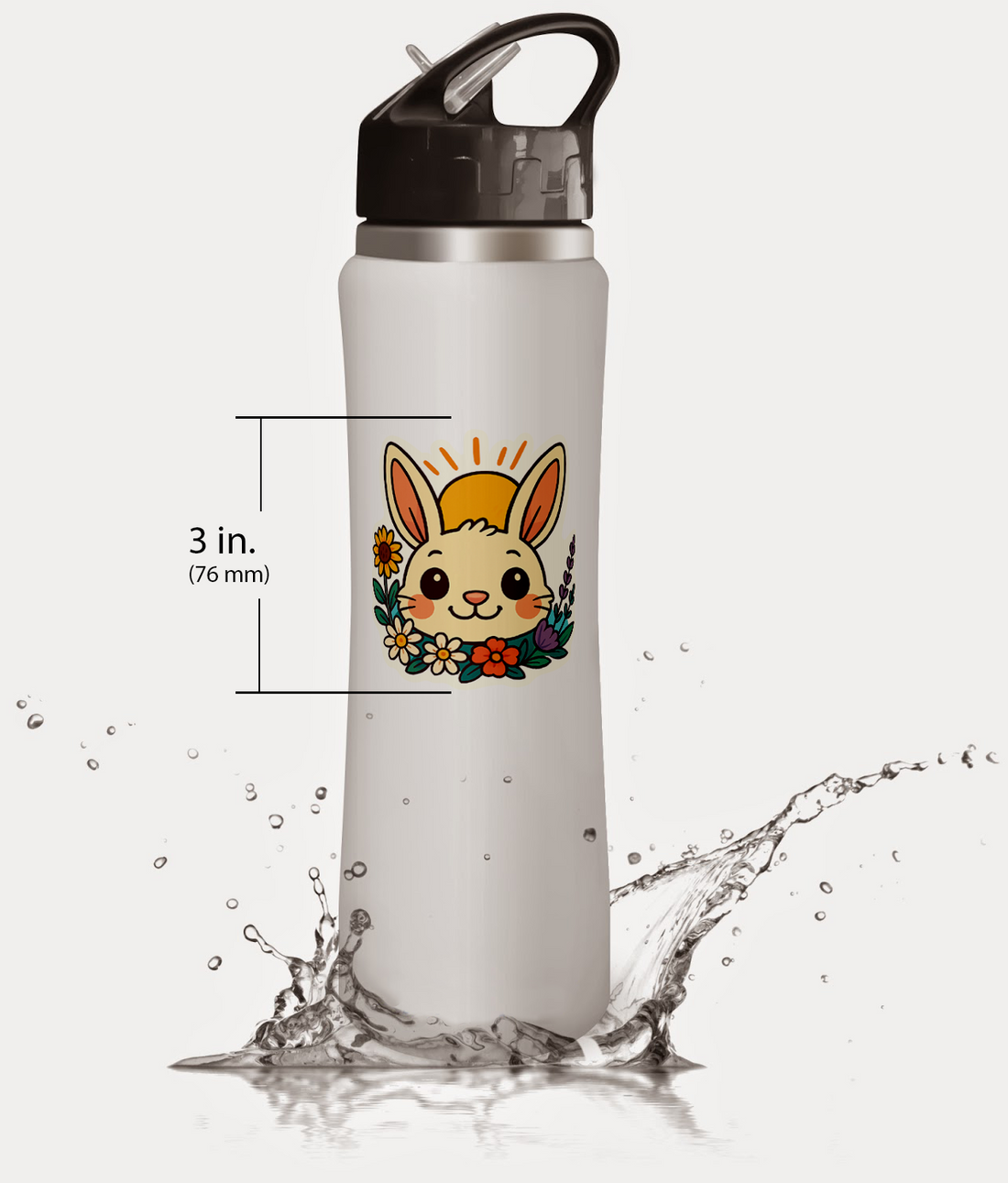
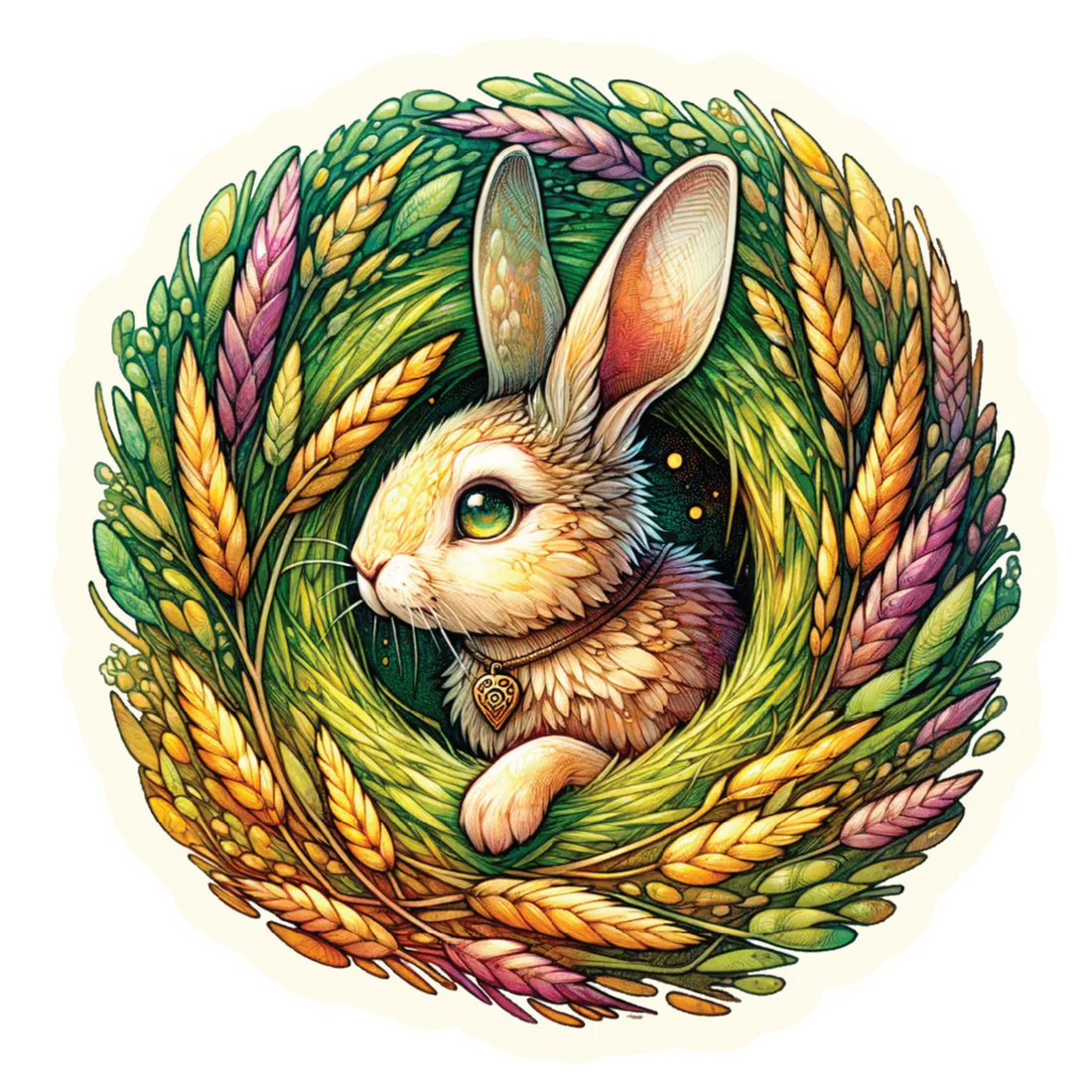




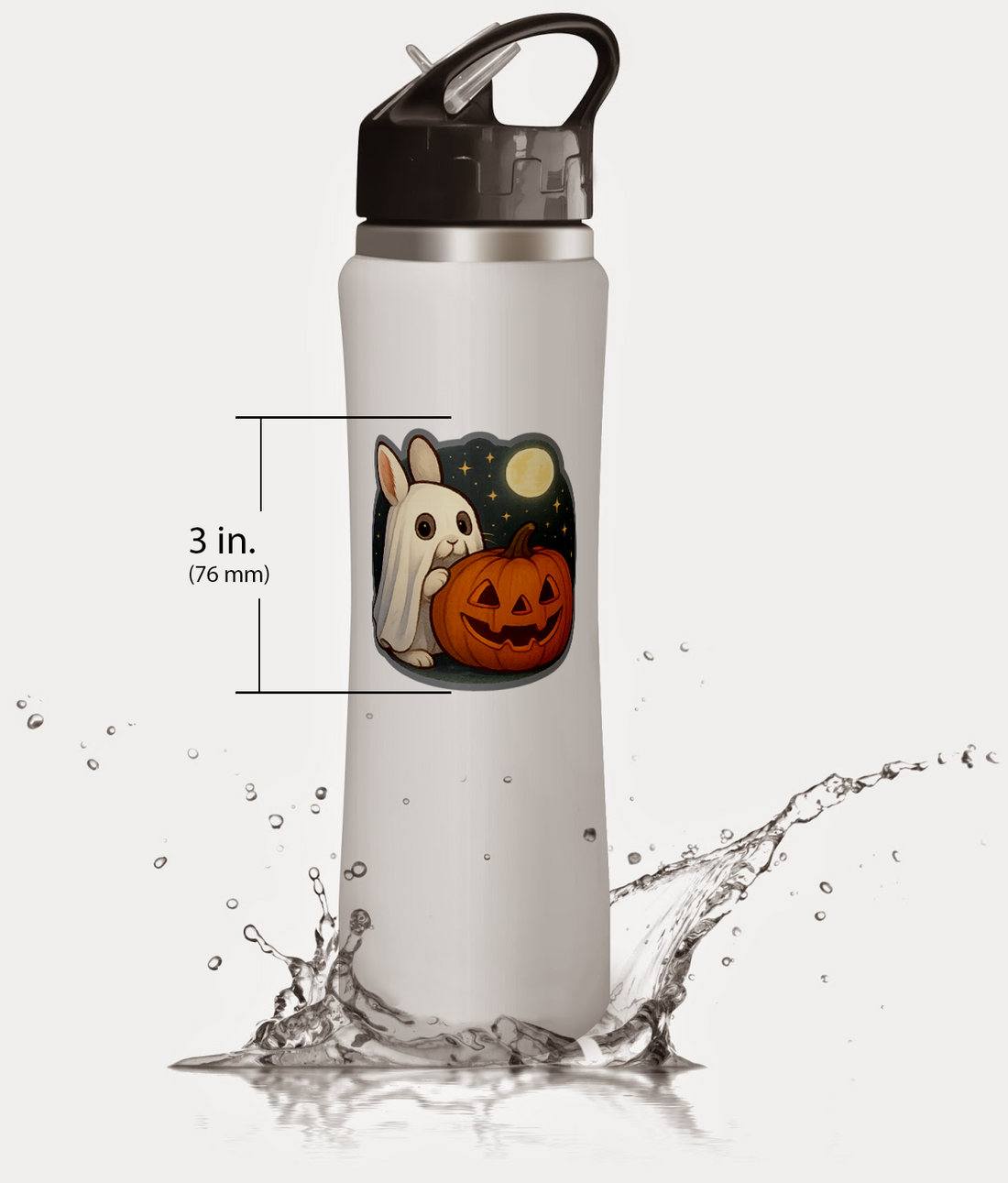
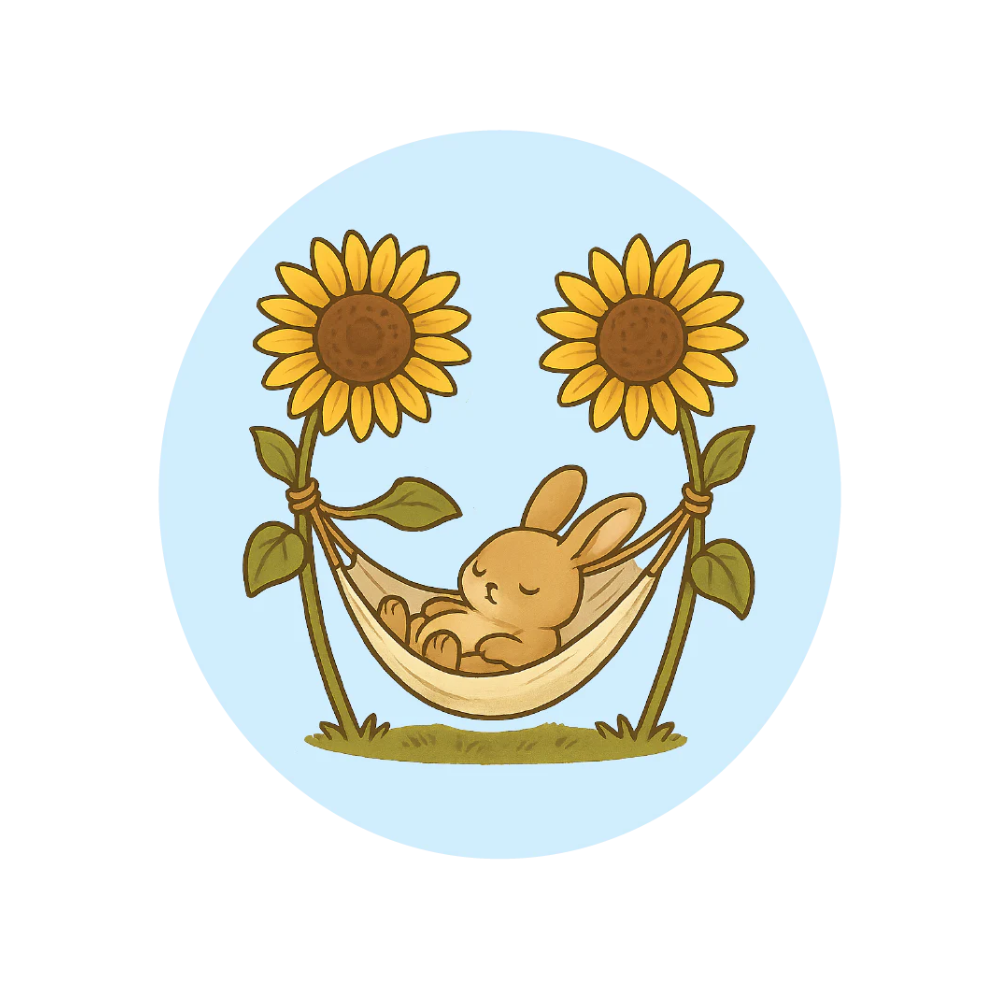





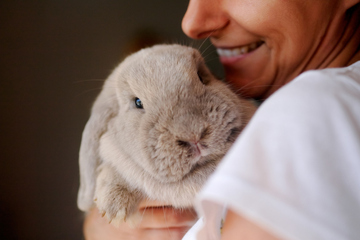
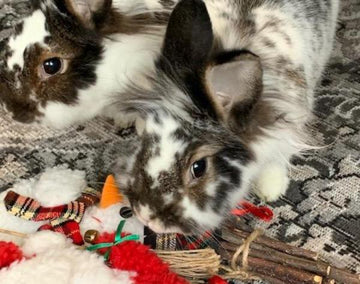
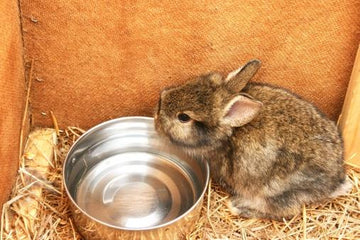


Comments